Link It, Mark It
Link It, Mark It
Vladimir Frelih, Dragan Matić, Arjan Pregl, Danijel Babić, Selman Trtovac, Igor Friedrich Petković, Maryam Mohammadi, Samson Ogiamien, Arif Kryeziu, Mawiead Al Karam, Zoë Guglielmi
The concept and theme of the project are rooted in the term ERASED, which refers to the 1990s and various forms of discrimination the civilian population was exposed to by the state acting via its institutions. The term Erased includes various repressive acts, discrimination based on ethnicity, religion, gender, age, race, economic and other affiliations. The cancellation of an individual’s identity was reflected in the deprivation of the right to citizenship, deletion from various records, denying the right to vote, forced migration, exile, refuge, displacement, etc. In that sense, the thematic framework of the project speaks simultaneously about lost identities and lost generations, which, according to some analyses and research, mostly refers to people born in this area between 1960 and 1985. These are the generations of people who have lost their homeland, place of residence, employment, property, citizenship, personal and social integrity, who have been deprived of basic human rights, which are supposed to be guaranteed and inalienable by the Universal Declaration of Human Rights and the European Convention on Human Rights. These, mainly irreparable losses lie in the core of a special, although less recognised consequence – a stolen youth, as well as the post-effects of growing up and maturing in specific circumstances that prevailed during the 1990s, which are more or less evident today. Witnessing the violation of the basic civilisational principles brought on by the disintegration of the SFRY and years of war, sanctions and economic and cultural isolation, and the following transition period, these generations are designated as generations left to chance.
The theme ERASED puts emphasis on the distinctive socio-political context in which generations of artists matured professionally during the 1990s, while their artistic practice coincides in time and theme with experiences and events from that period and continues to this day. The concept of the project opens a field for new research in which, through activism, democratisation and culture of remembrance, the general issues related to spatial, temporal and social circumstances in the region are considered.
The project is included in the bid-book for the European Capital of Culture application and is implemented with the support of the Foundation “Novi Sad – European Capital of Culture” within its programme arch Migrations, and is supported by the Open Society Foundation, Serbia, City Administration for Culture of Novi Sad and the Austrian Cultural Forum.
The 1990s will be remembered as the years that changed the world, as a crucial turning point of the beginning of globalisation and the transformation of our human civilisation. The Fall of the Berlin Wall, the collapse of the USSR, the end of the Cold War, as well as the emergence of new states and the civil war in the former Yugoslav territories, are just some of the decisive political events that changed the map of Europe. Consequently, all these events resulted in the migratory process of populations driven by the new circumstances to seek social and economic security throughout Europe and the world. And while Europe was uniting, the space of Eastern Europe and the Balkans was falling apart and going through a painful and traumatic process of transition. On the other hand, the 1990s will also be remembered as the time when the Internet appeared, a period when we transitioned from the analogue to the digital, which ultimately caused a radical transformation of the social and public context. This was the beginning of globalisation, a hitherto unseen global networking and connecting through new technologies and media, a new technological revolution that made the world less unknown and more accessible, but also far more vulnerable and susceptible to economic, social, political and last, but not least, climate and environmental changes that we do feel today indeed.
For the generations of SFRY artists who began their professional careers during the 1980s and early 1990s, this period was full of challenges that required adapting and responding to new circumstances. From a peaceful, relatively well-organised and established system, we got a chaotic world and societies whose needs and priorities became subject primarily to the circumstances of war. War, persecution, crime and the frenzied greed for money, the transition from the socialist to the ruthless capitalist model, brought numerous problems and upheavals engulfing entire generations of people.
The LINK IT MARK IT project focuses on the issues of discrimination and exclusion that almost all former Yugoslav countries and their institutions carried out against members of their own population. The societies became polarised, and politicians realised that they could lead and manipulate their populations more easily if they played national and religious cards, thus creating angry enemies from their neighbours and yesterday’s friends. In times of crisis and major social upheavals, the homogenisation of the population on religious, national or ideological grounds primarily aims to divert attention from major issues and problems, but also to further strengthen the position of the authorities. The formation of states on the national principle in practice means that all those who are not like you, have to be either expelled or simply erased. Tens of thousands of people were erased from the registry books, voters lists and other state registers. At its core, this project addresses the problem and phenomenon of erasing, i.e., cancelling the identity of an individual or a group who does not fit into the existing social and political framework. The erased thus become a kind of stateless persons, personae non gratae in their own countries, for the only reason of being of different national or religious affiliation. Six artists from Slovenia, Croatia, Austria and Serbia – Dragan Matić, Vladimir Frelih, Danijel Babić, Arjan Pregl, Igor Friedrich Petković and Selman Trtovac discuss and compare their own experiences of growing up and living in the former country, schooling and pursuing professional artistic careers. Their conversation began in a difficult moment, a period equally challenging as the beginning of the 1990s, the time of the Covid 19 virus pandemic, when the whole world got closed and isolated in an almost manic fear. Due to this, their task was far more difficult and complicated, because, despite modern technologies, art and collaborative work are created in direct and free contact, unhindered by any restrictions and prohibitions. They have explored and re-examined among themselves what it means to be erased, discriminated against, what it means to be an artist today. How to fight against injustice, invisibility, against the mainstream, how to remain part of and survive in a society.
The artists participating in the discussion are now mature people in their late forties and fifties, with rich life and professional experience, and a potential to create their best works as a product of knowledge and ‘years of service’. Each of them presented in their own way, in their own manner, the works that were created as a product of this discussion and the exchange of experiences. Be it is a reaction to the ‘brave new world’ we are living in, or simply an exploration of certain artistic and aesthetic moments in the framework of drawing, painting, photography or video, they all give their authentic vision and response to various phenomena closely related to the project theme. Arian Pregl invites visitors to leave their mark in the gallery, to make an intervention on the wall and thus contribute to the dialogue, which is a participatory gesture that expands the scope and format of the exhibition by including the audience as actors and co-authors. Dragan Matić and Vladimir Frelih jointly sign a work consisting of several light boxes showing digital photographs created by their joint action, which offers an ironic, critical perspective of certain social phenomena and behaviours. Danijel Babić presents images that thematise the use of graphic symbols and pictograms in modern communication, both in print and on the Internet. Selman Trtovac exhibits large format drawings that were created as a result of experiments and his own research in the field of contemporary drawing through an associative and abstract approach. Igor Friedrich Petković presents contemporary iconographic panels of death, which are composed of a multitude of details taken from various media and, in combination with a video work made on the Petrovaradin bank of the Danube, creates a new intriguing whole.
As a kind of reinforcement and logical complement to the project, and following the theme and phenomena it focuses on, a special segment of the exhibition was made, inviting artists who share a migrant experience. This second part of the exhibition delivers the works of artists in collaboration with the organisation Aporon 21 from Graz and presents the artists Maryam Mohammadi, Samson Ogiamien, Arif Kryeziu, Mawiead Al Karam, and Zoë Guglielmi. Although they come from different parts of the world, from the Balkans, the Middle East, Iran and Africa, the artists talk about the same things – the attitude of the community towards newcomers, the issues of integration, lack of understanding and failure to respect fundamental human rights. Each in their medium, very emotionally and honestly, offer visual and narrative depictions of their own refugee experience and the situations they encountered. From Arif Kryeziu’s autobiographical record to Samson Ogiamien’s video work on neo-colonial discourse, Maryam Mohammadi’s photographs combining scenes from both old and new homelands, all offer an immediate personal refugee experience.
Projects and exhibitions of this type are important because, in addition to bringing together artists from different backgrounds, they offer a possibility for collaborative work, getting to know each other, exchanging experiences and the opportunity to present individual poetics and approaches in a broader context. The project and the exhibition present the artists who critically observe and offer commentary on the current situation and the state in society. Unlike some other similar projects that were focused only on introspection and individual research, this project included artists from different countries, whose own migrant experiences speak volumes about the authenticity and well-chosen approach. Such an approach has resulted in high quality works, each of which, in its own way, are small histories, small epics about prejudices, struggles and the desire to tell a life story through art. Finally, it is noteworthy that the format of the project and its actualisation is a very good example of cooperation between the association of artists and the city of Novi Sad as the leader of the NS2022 project.
Saša Janjić


Novi Sad 2021 Foundation – European Capital of Culture
Supported by

City Administration for Culture of Novi Sad
Supported by

Open Society Foundation, Serbia
Supported by
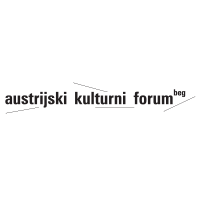
Austrian Cultural Forum
Supported by
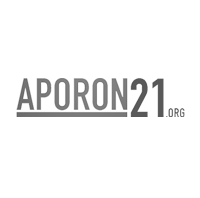
APORON21
Cooperation
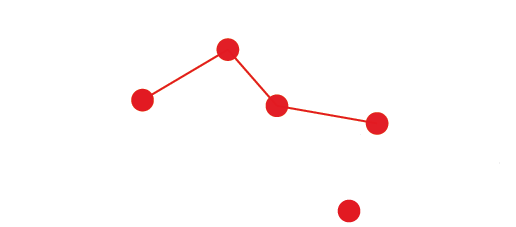
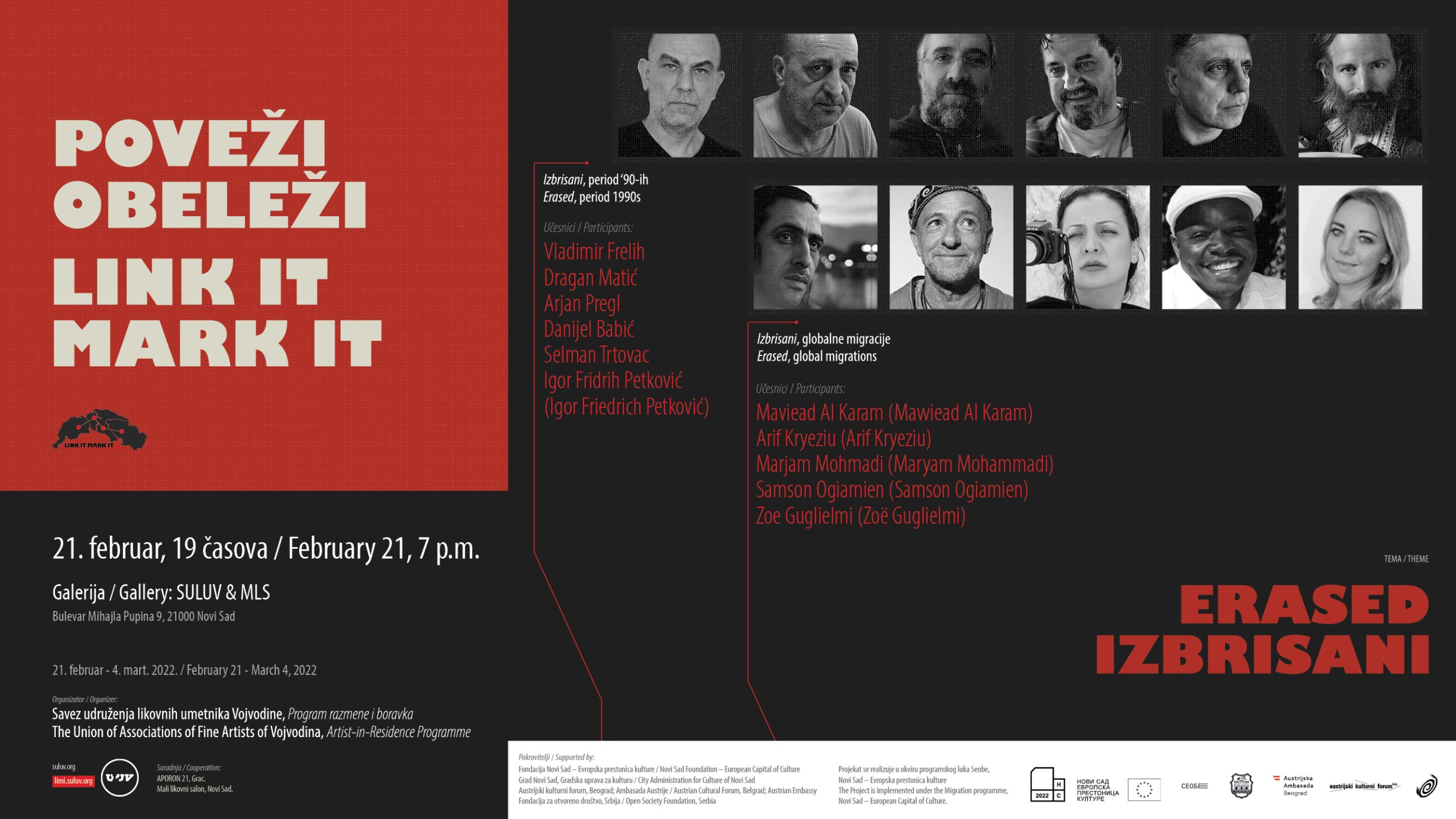
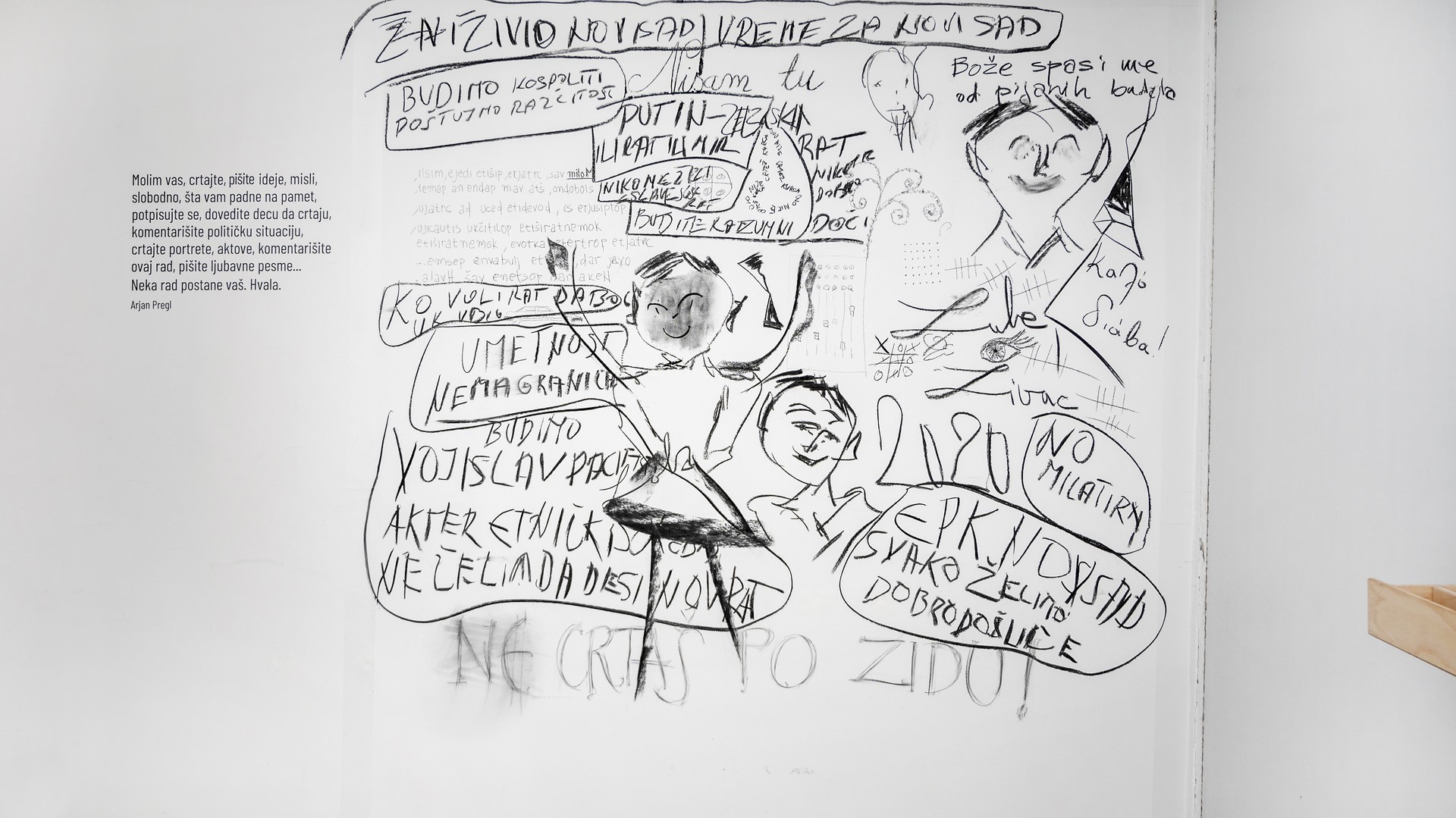


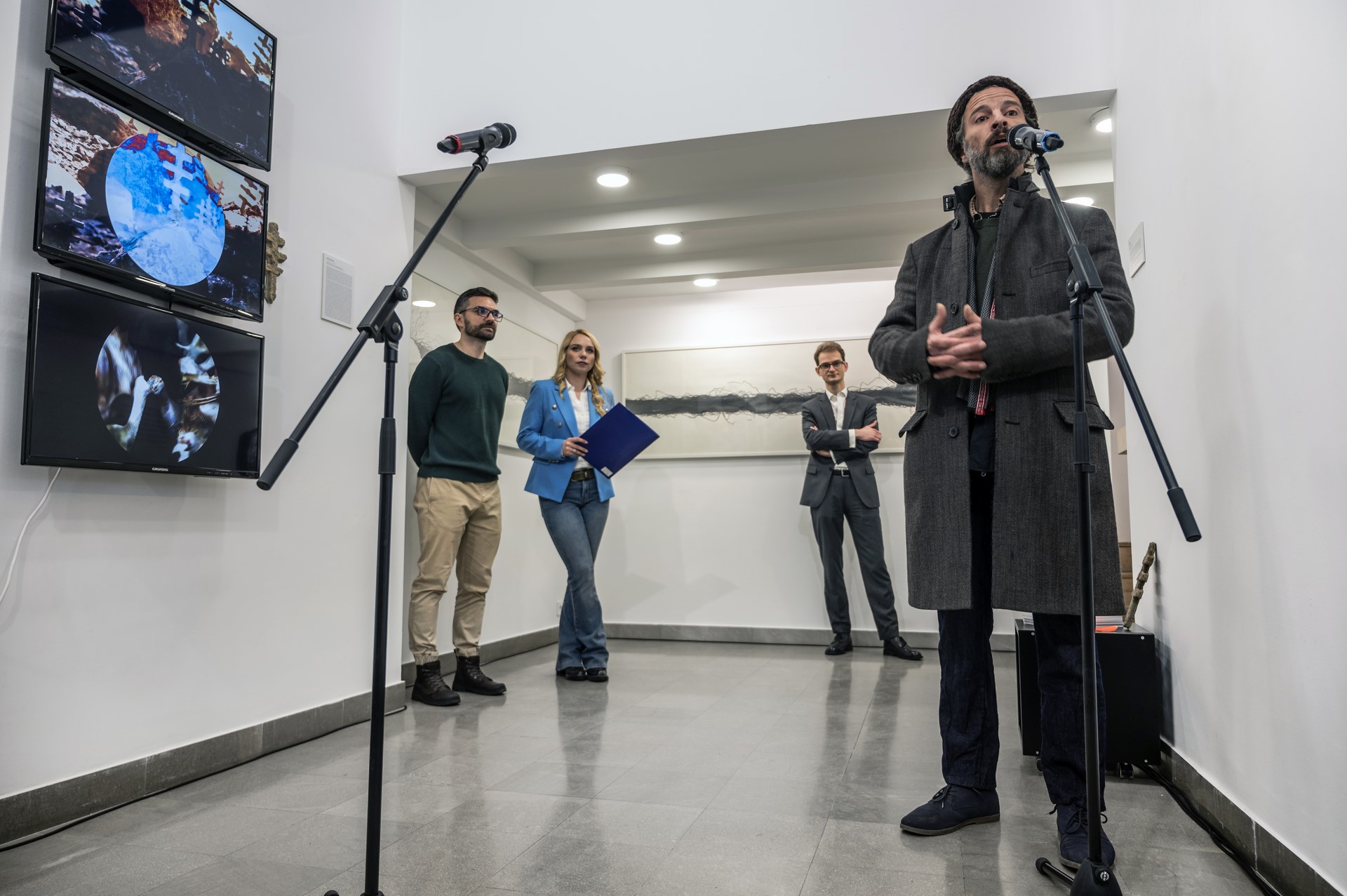

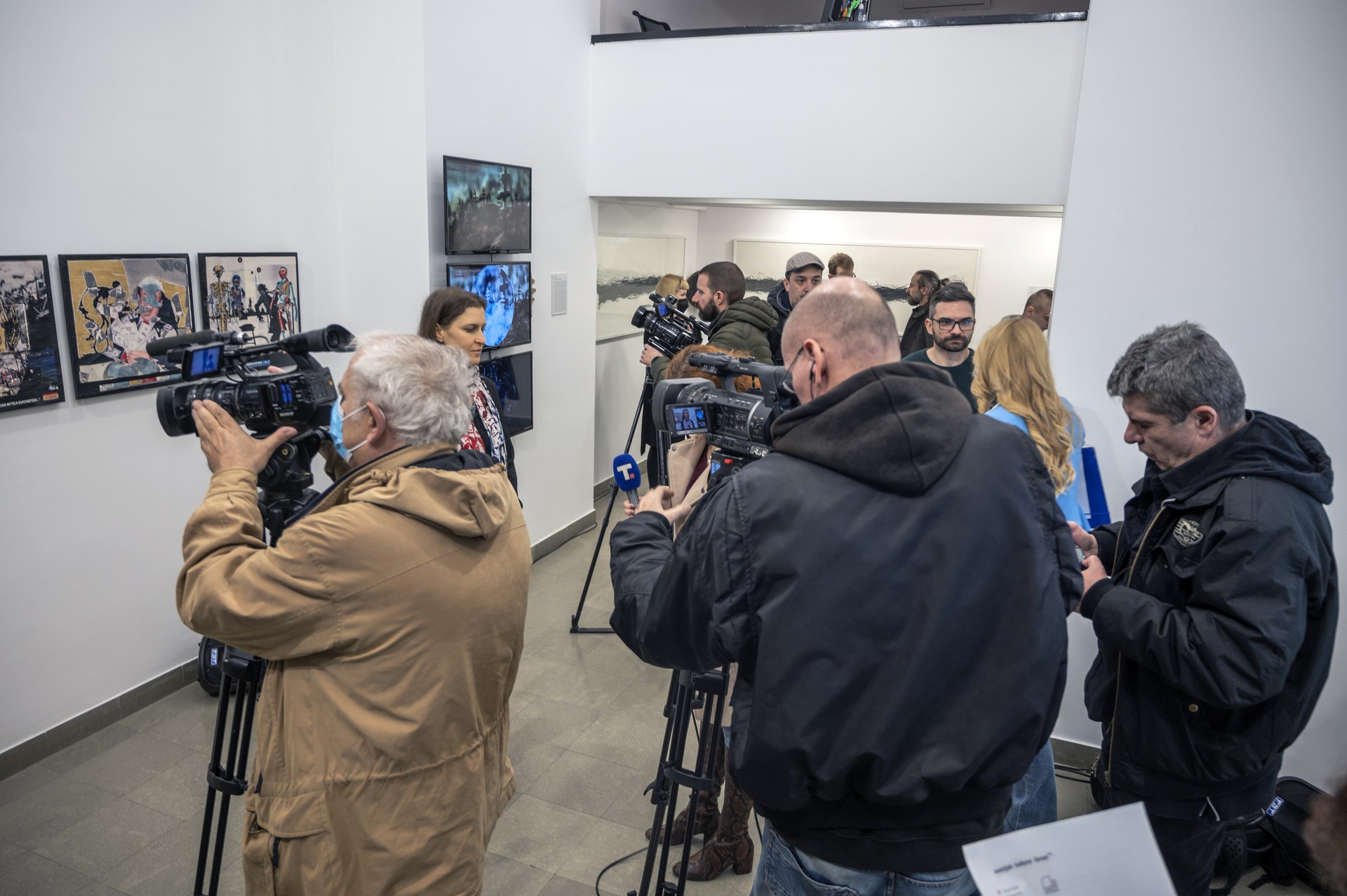
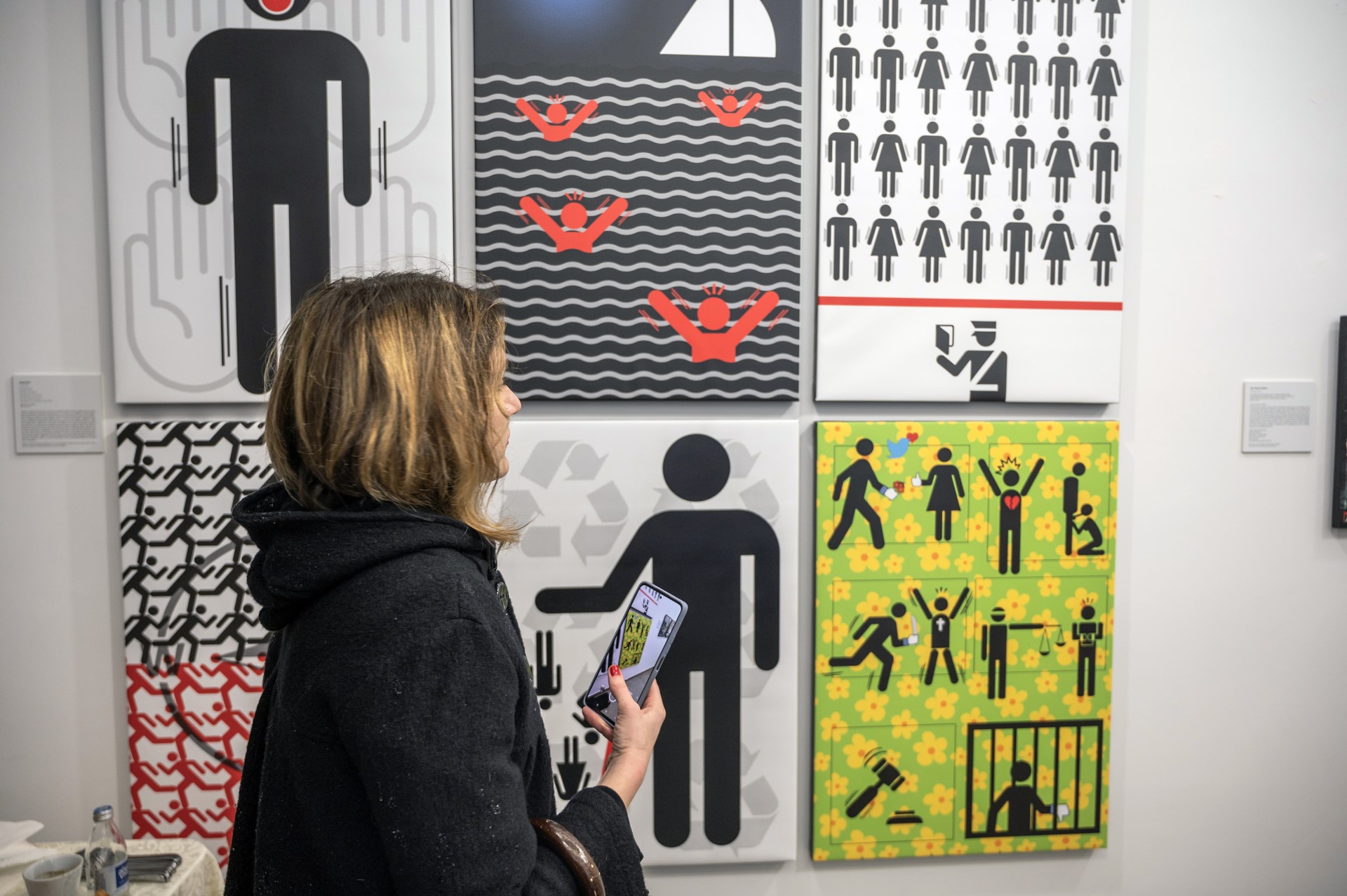
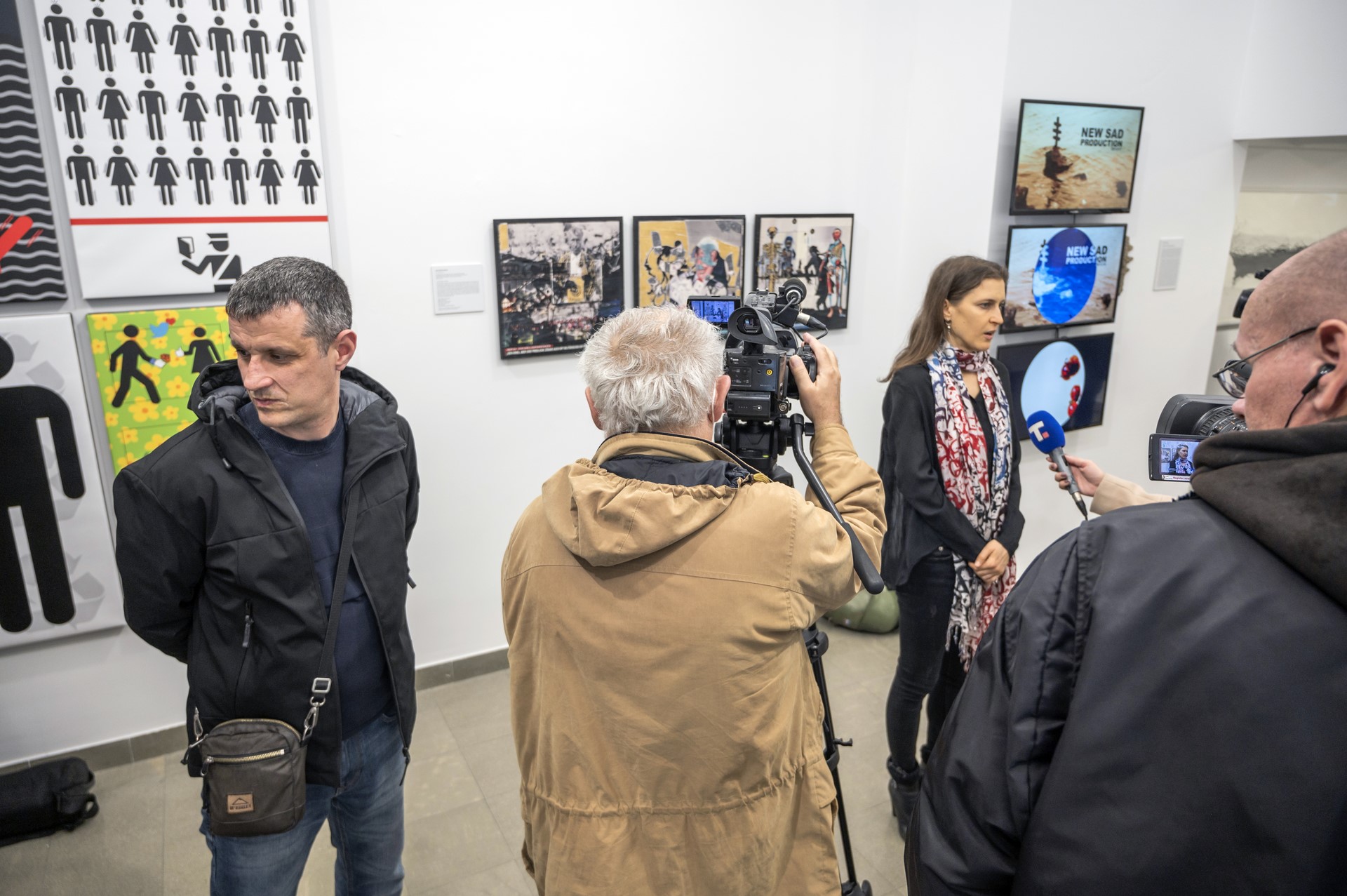
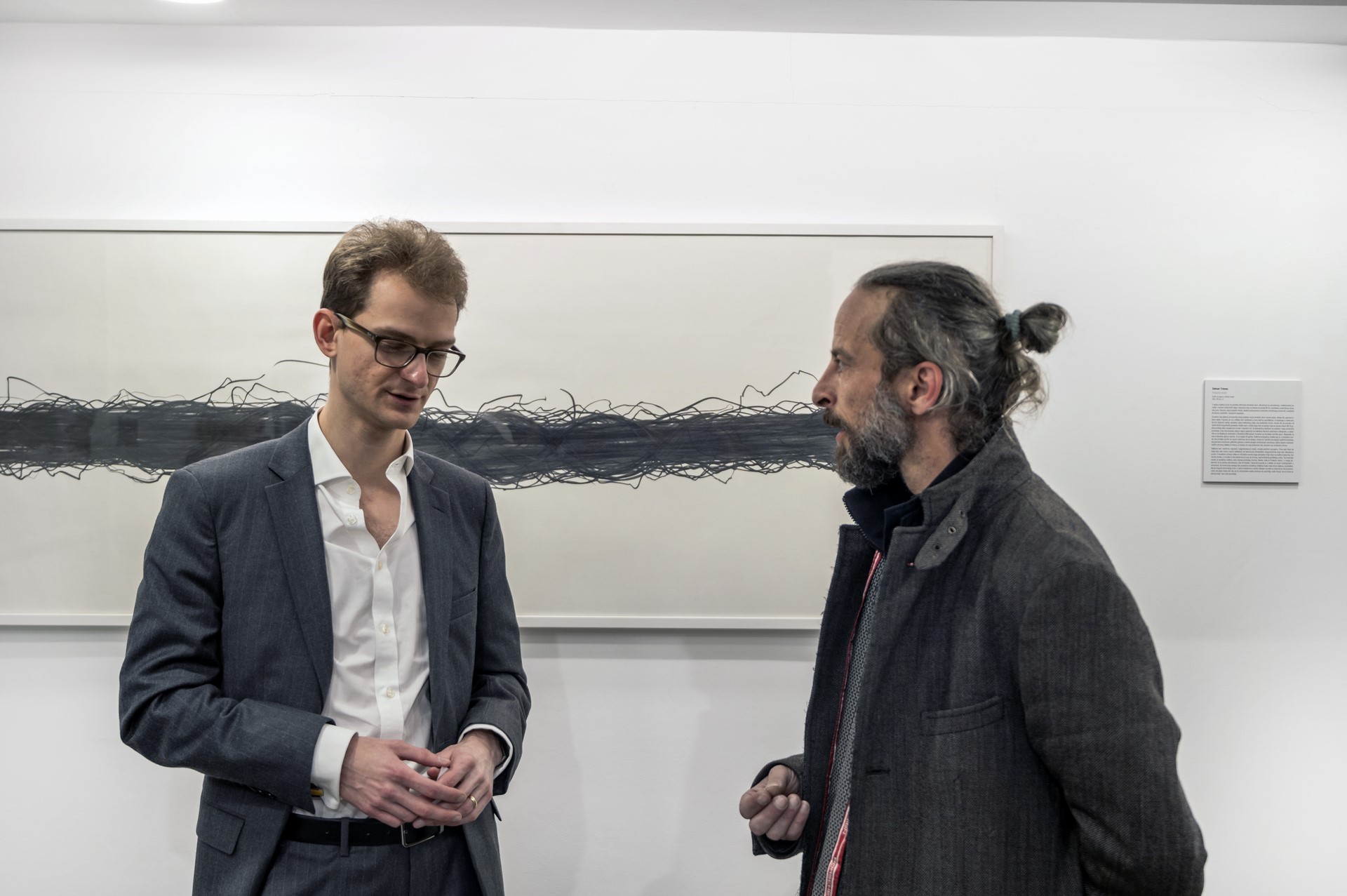
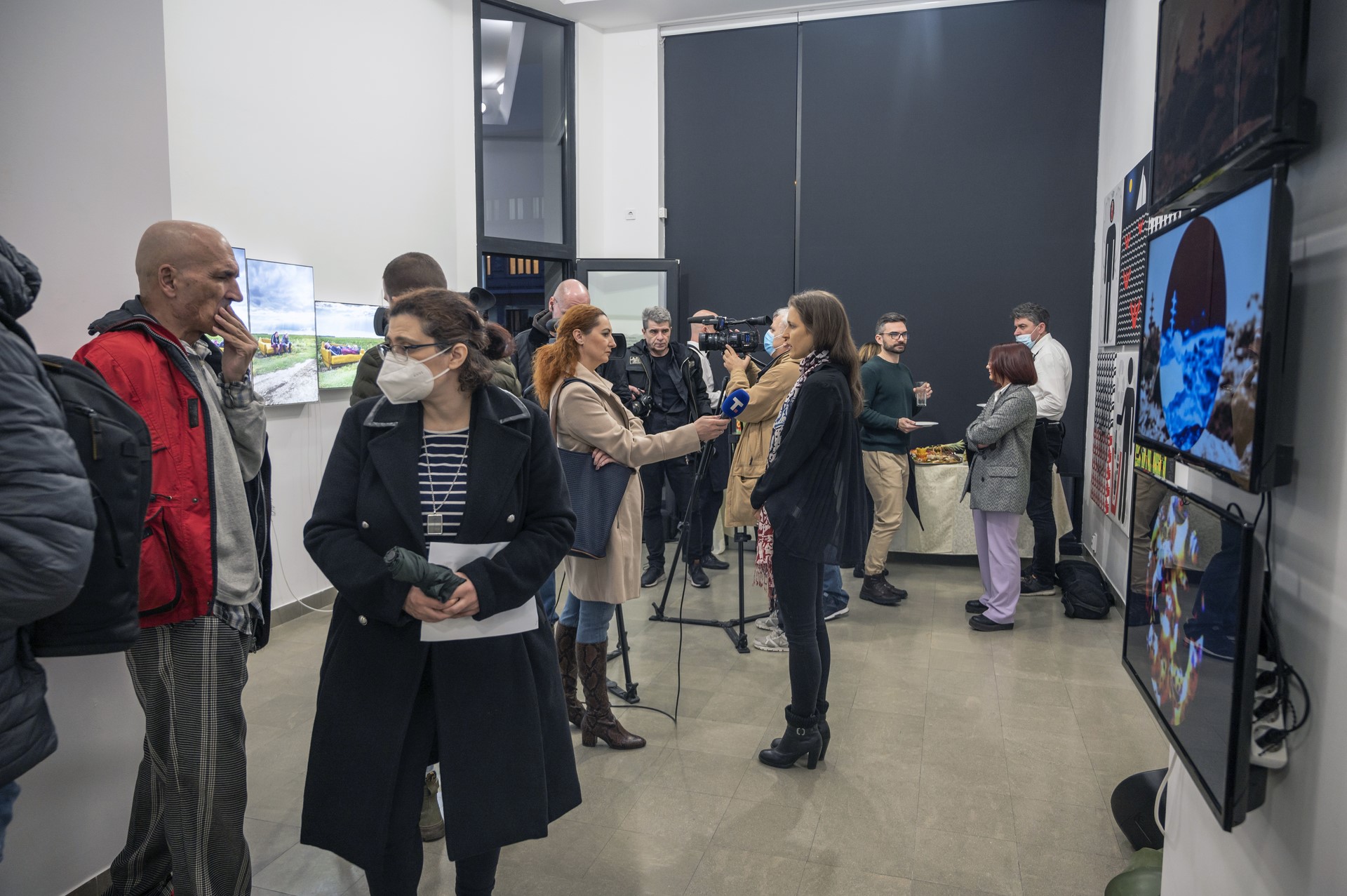
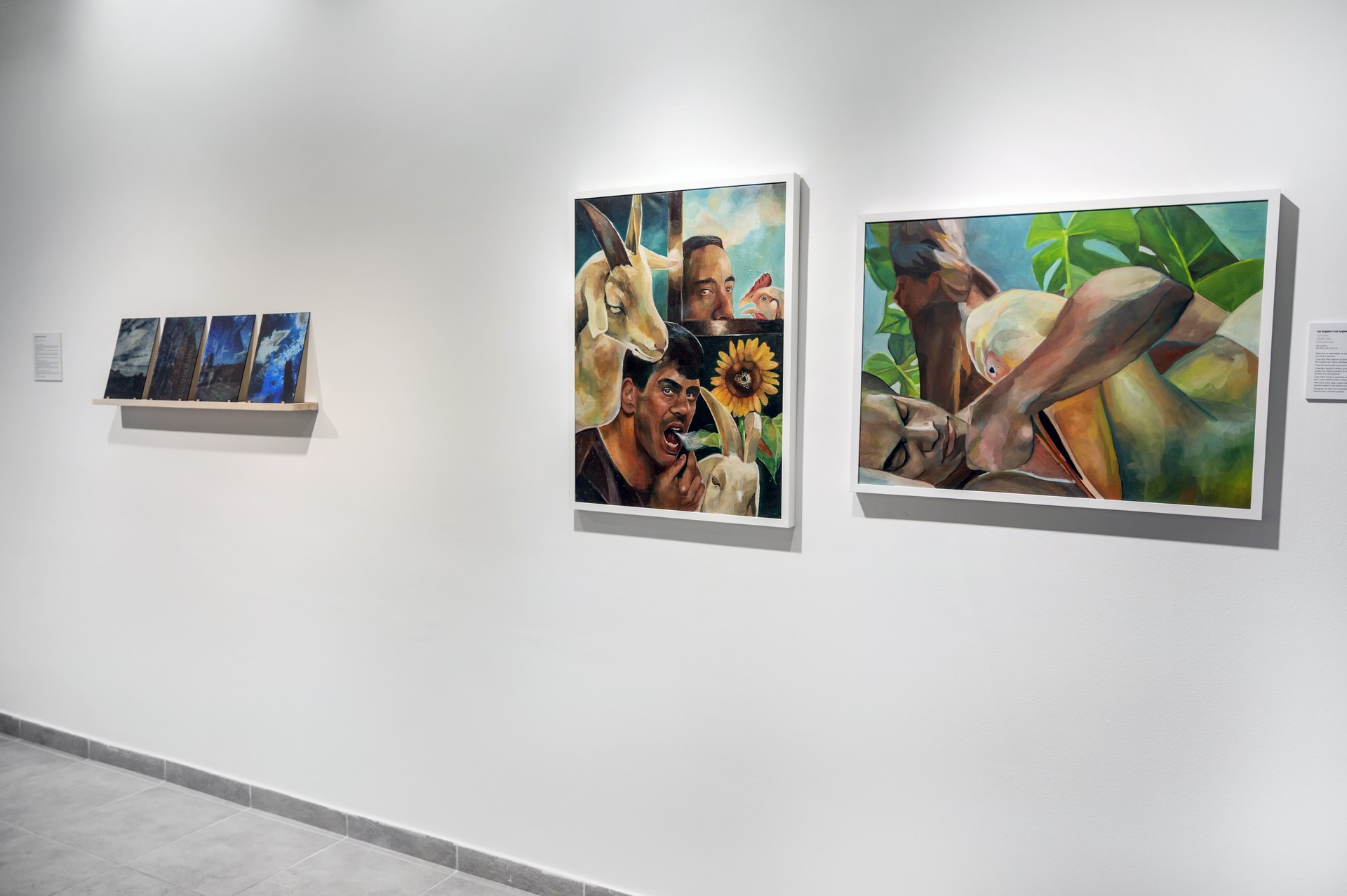
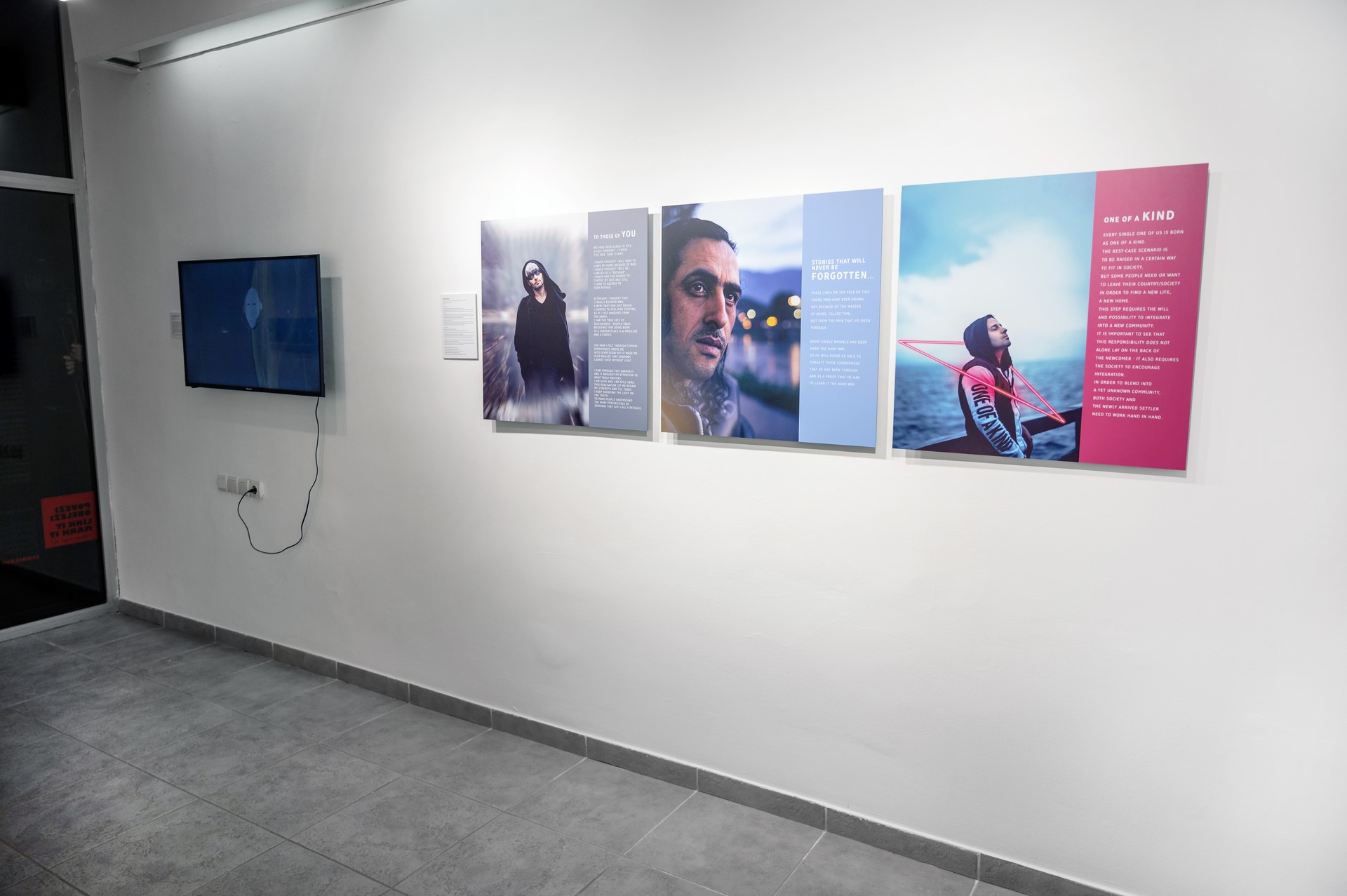
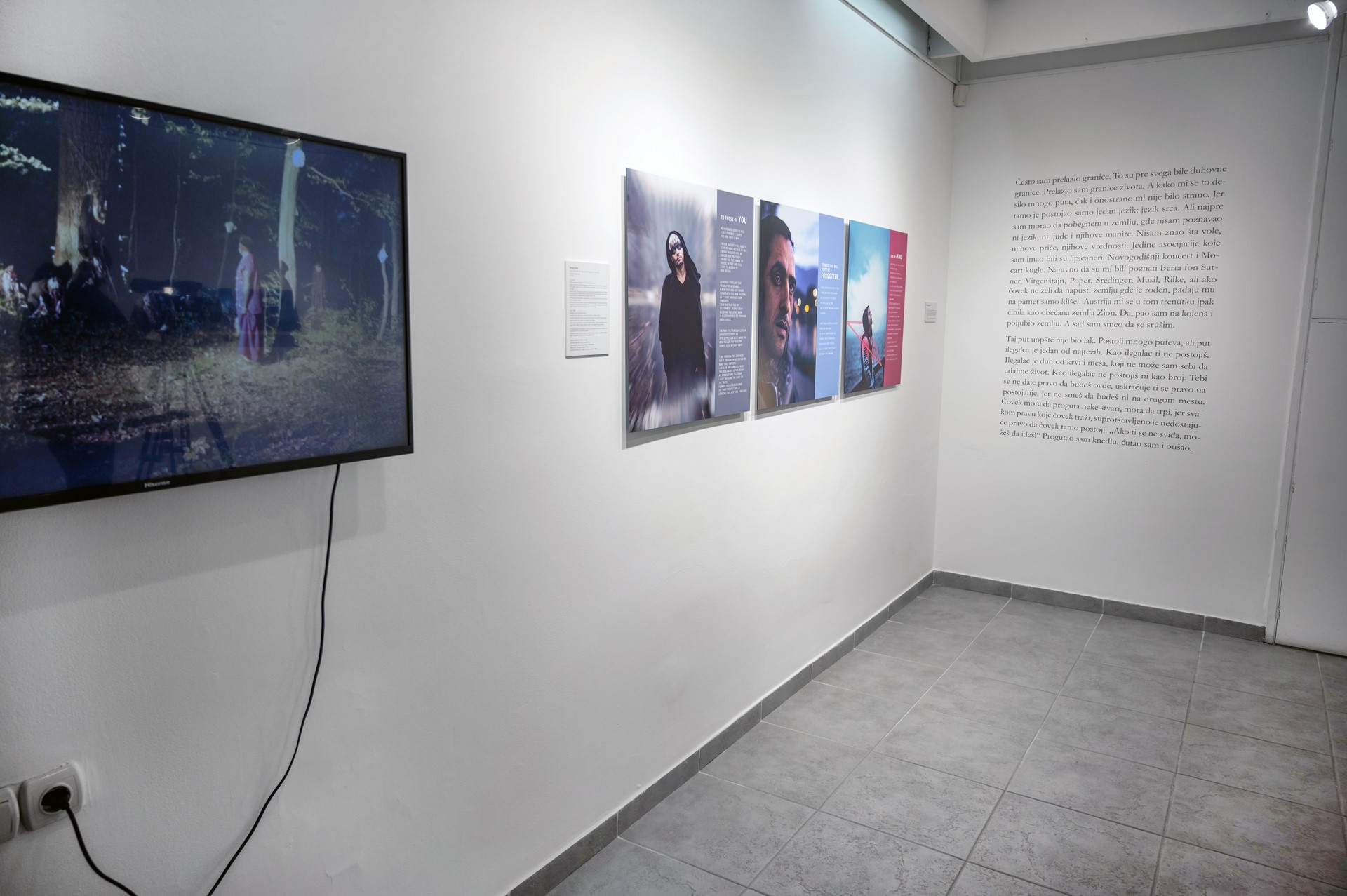
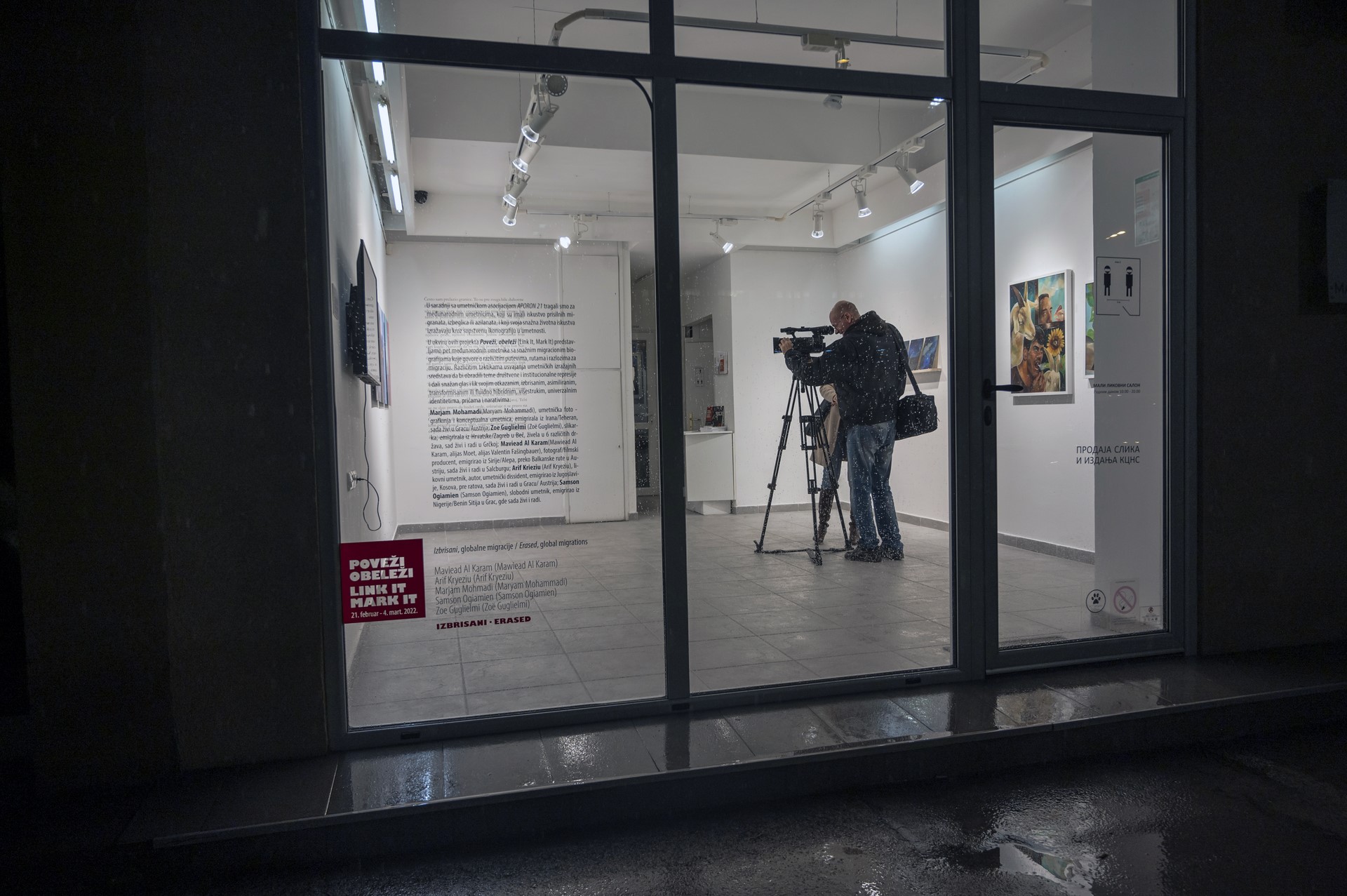

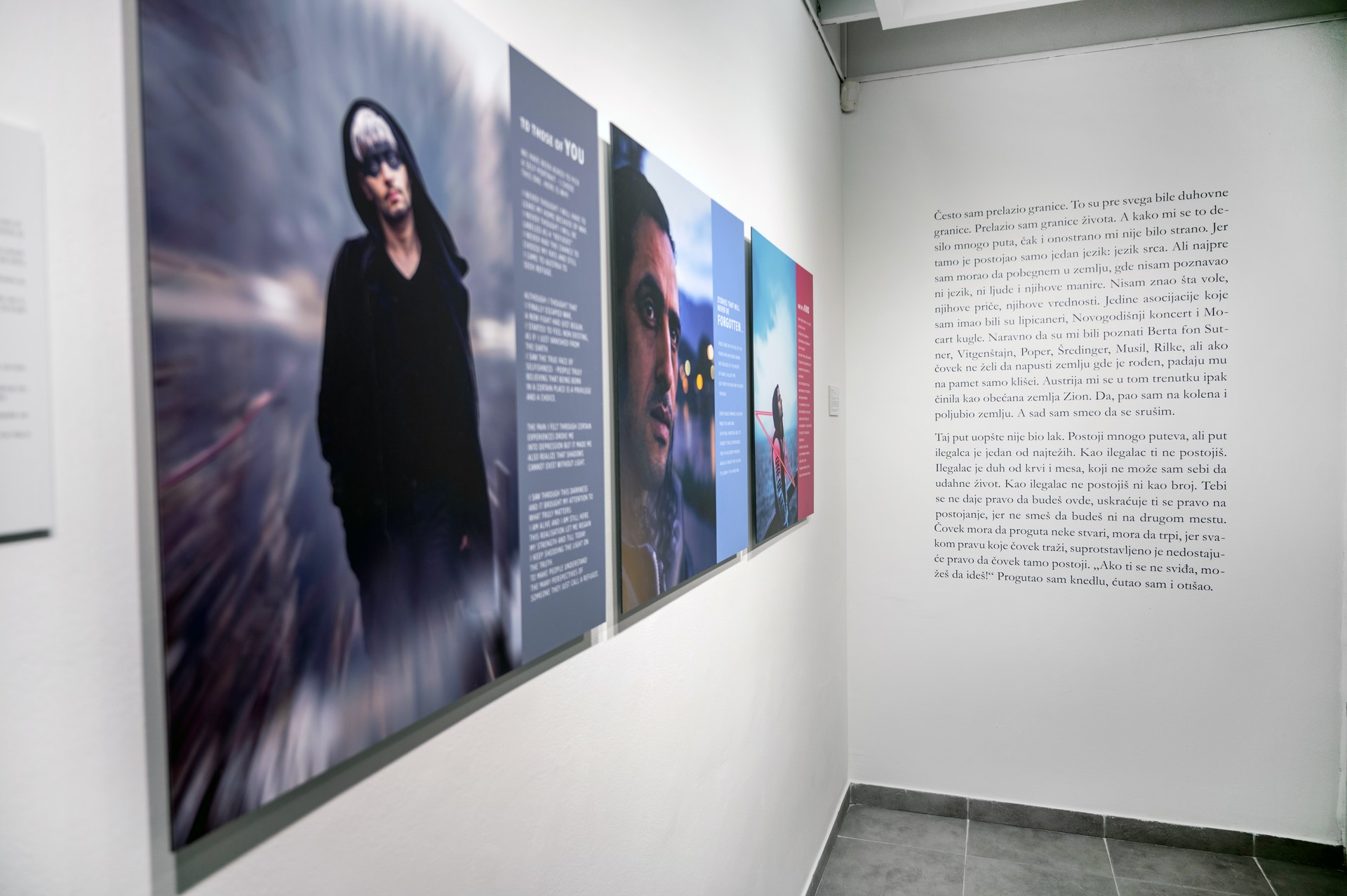
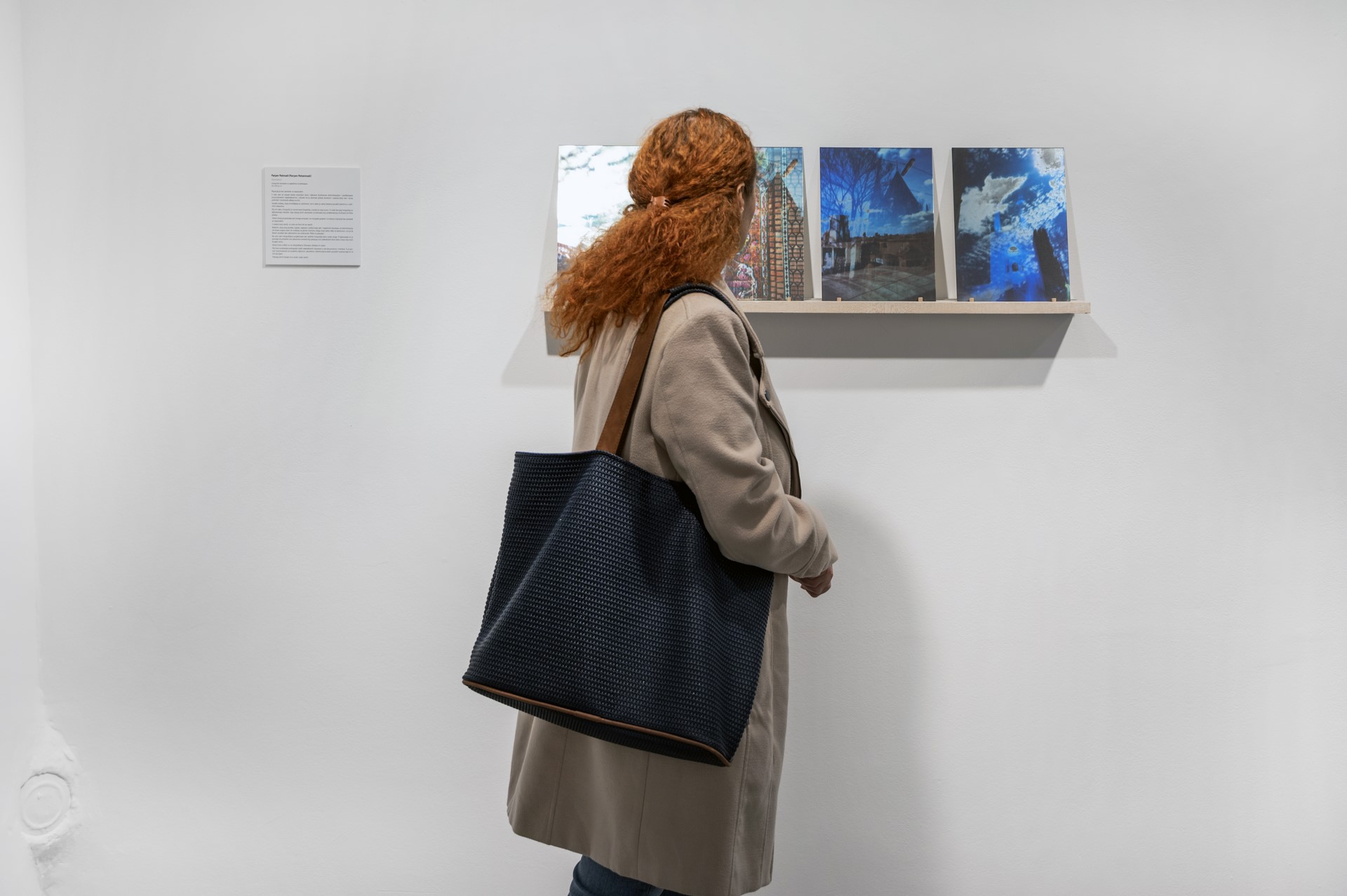
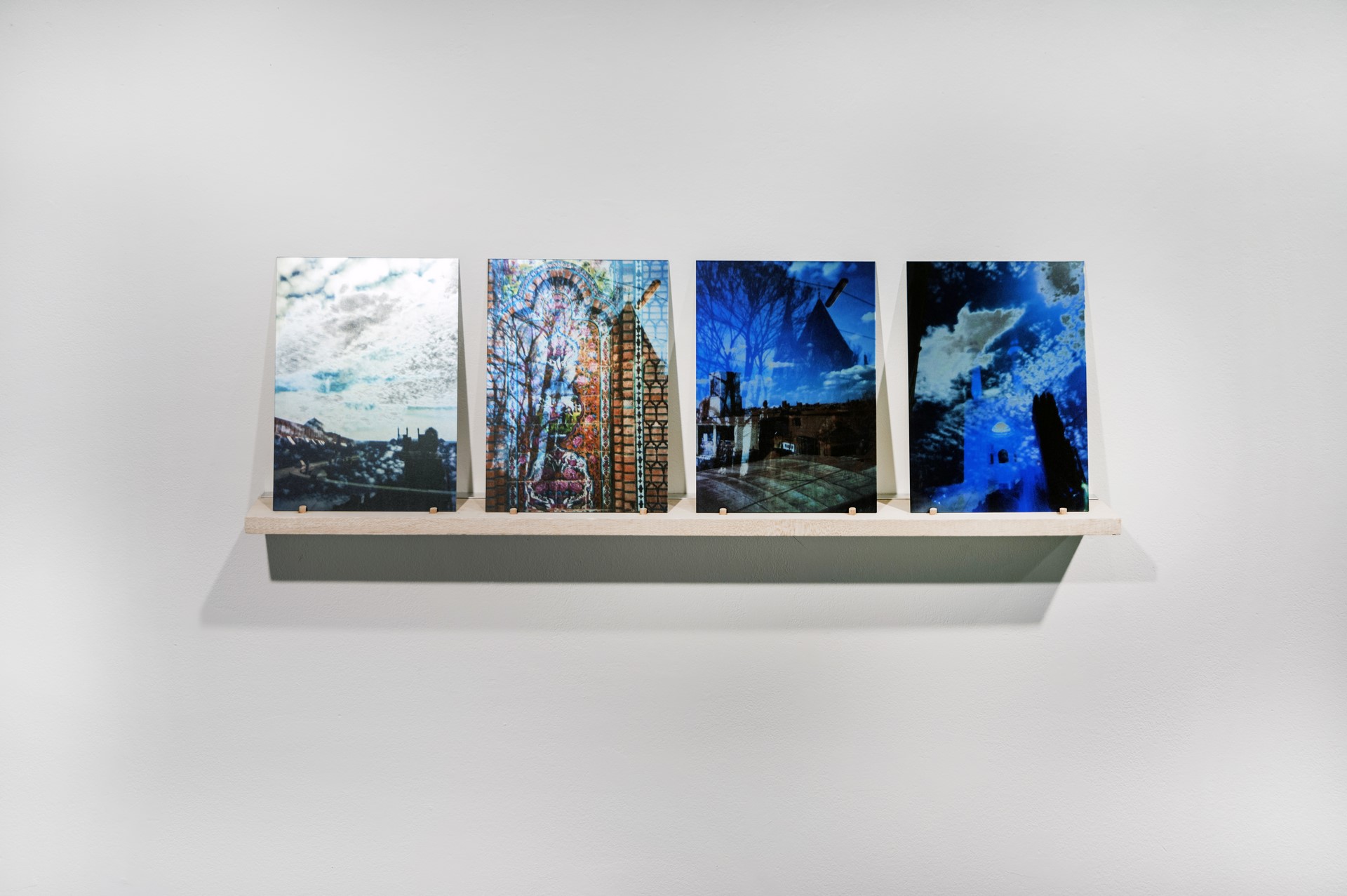

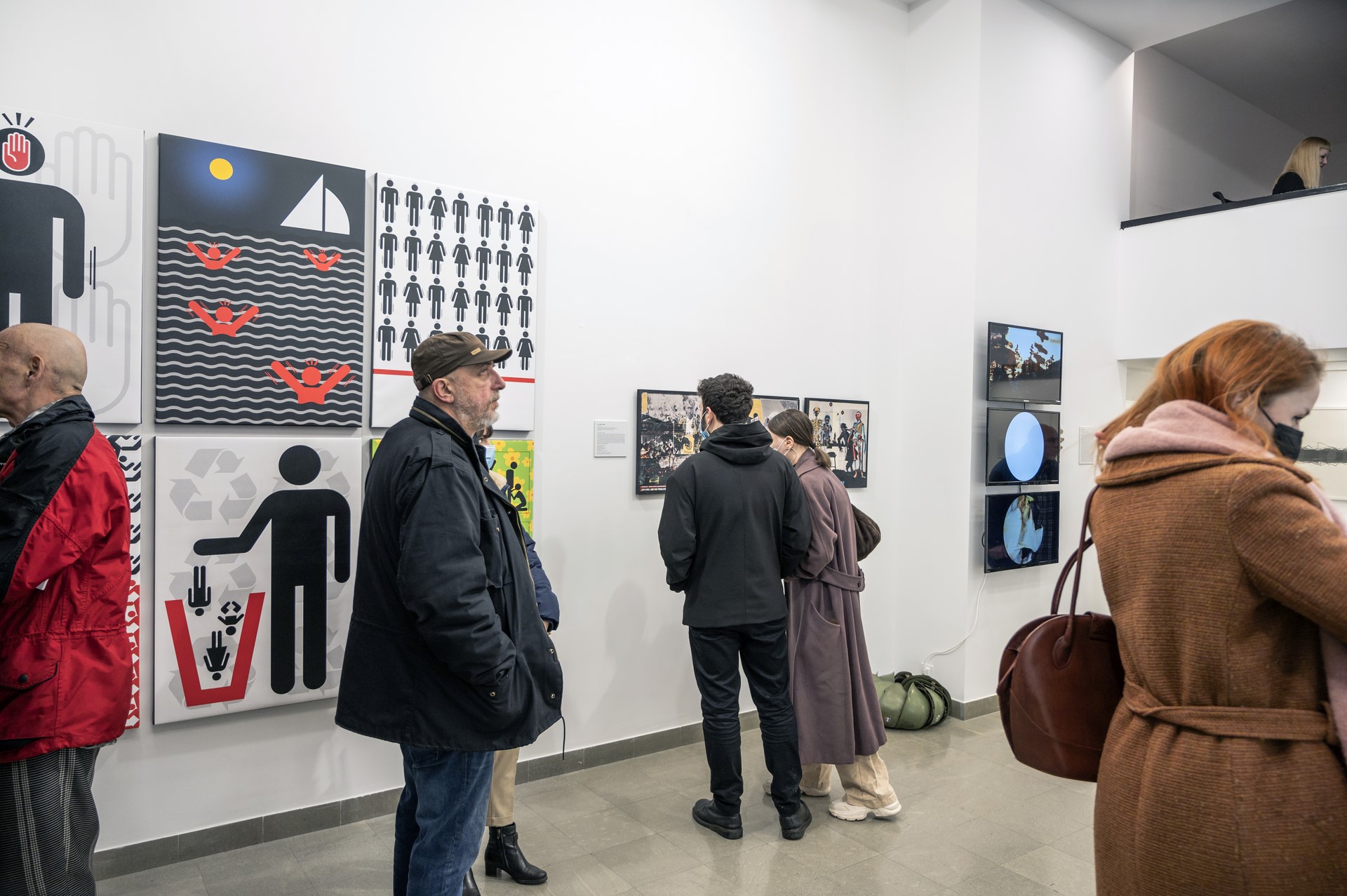
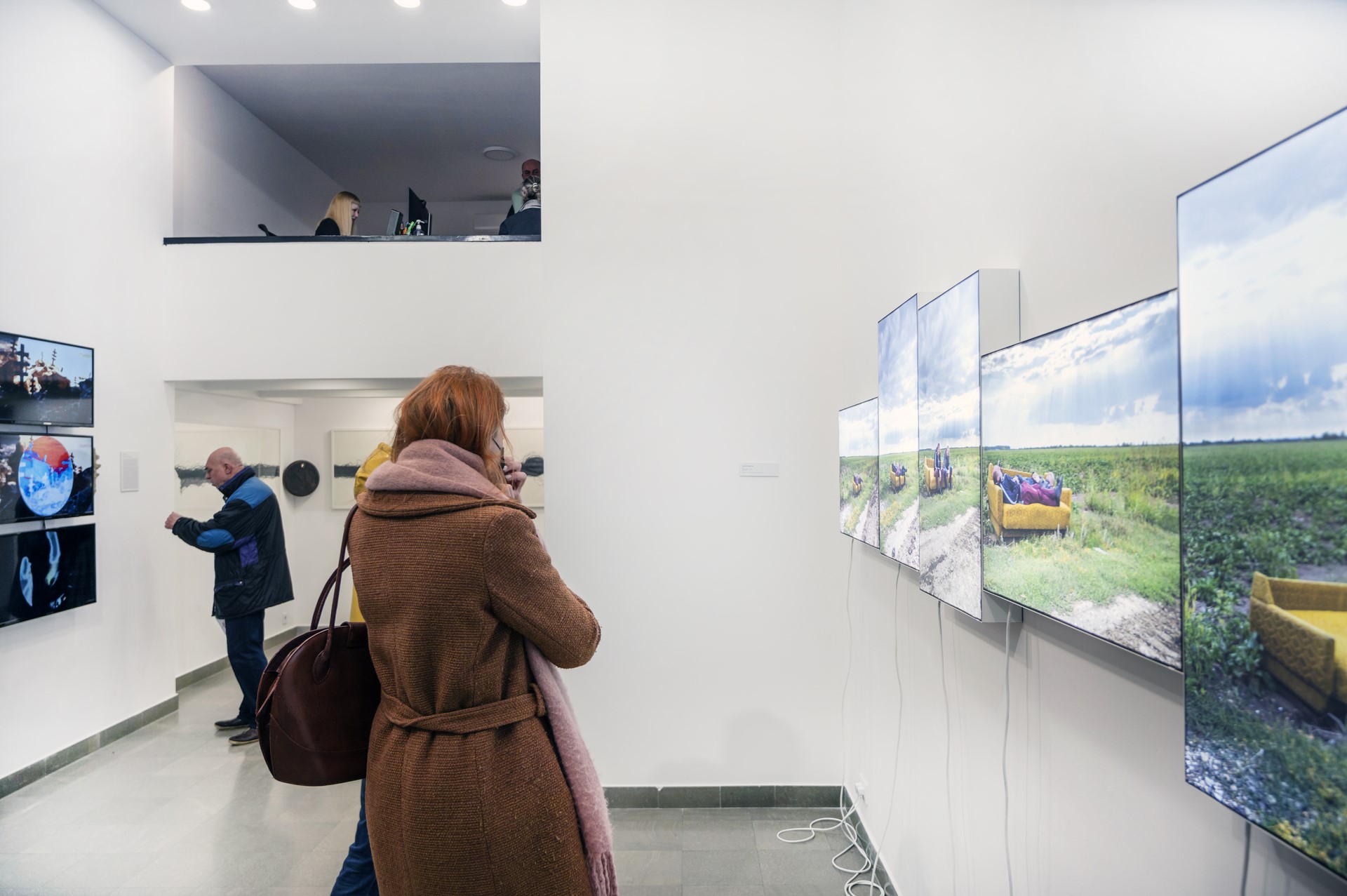
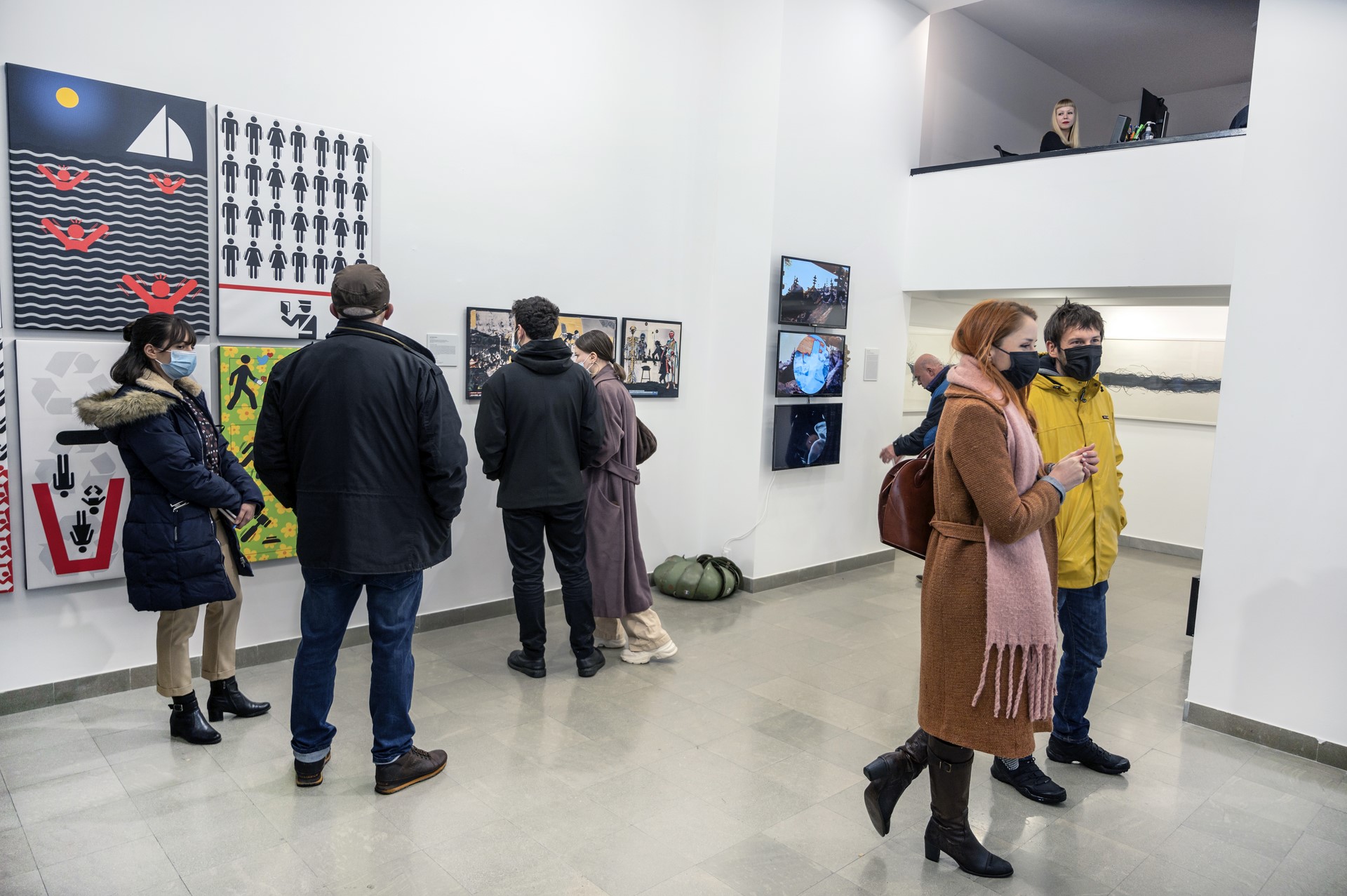
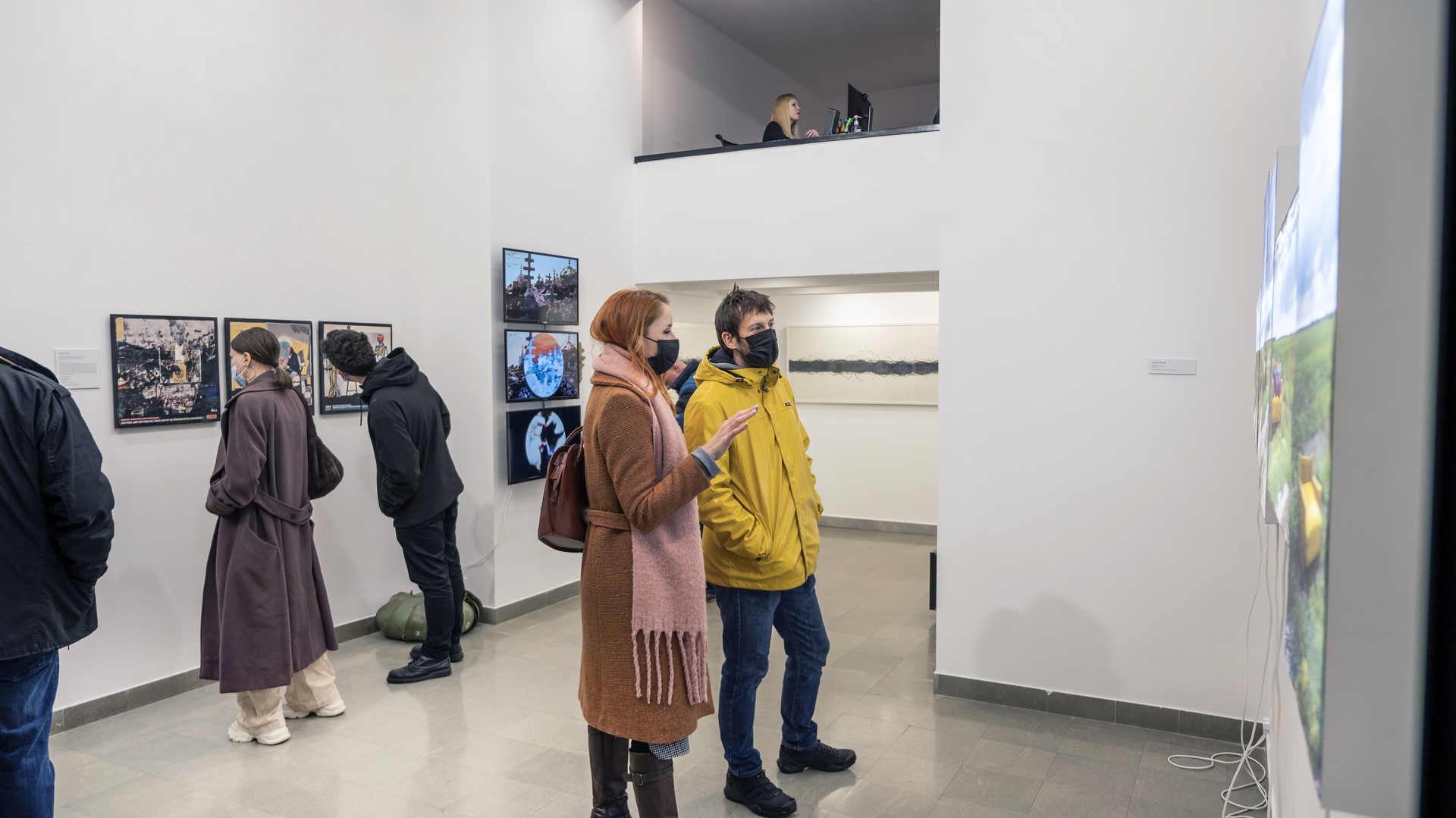
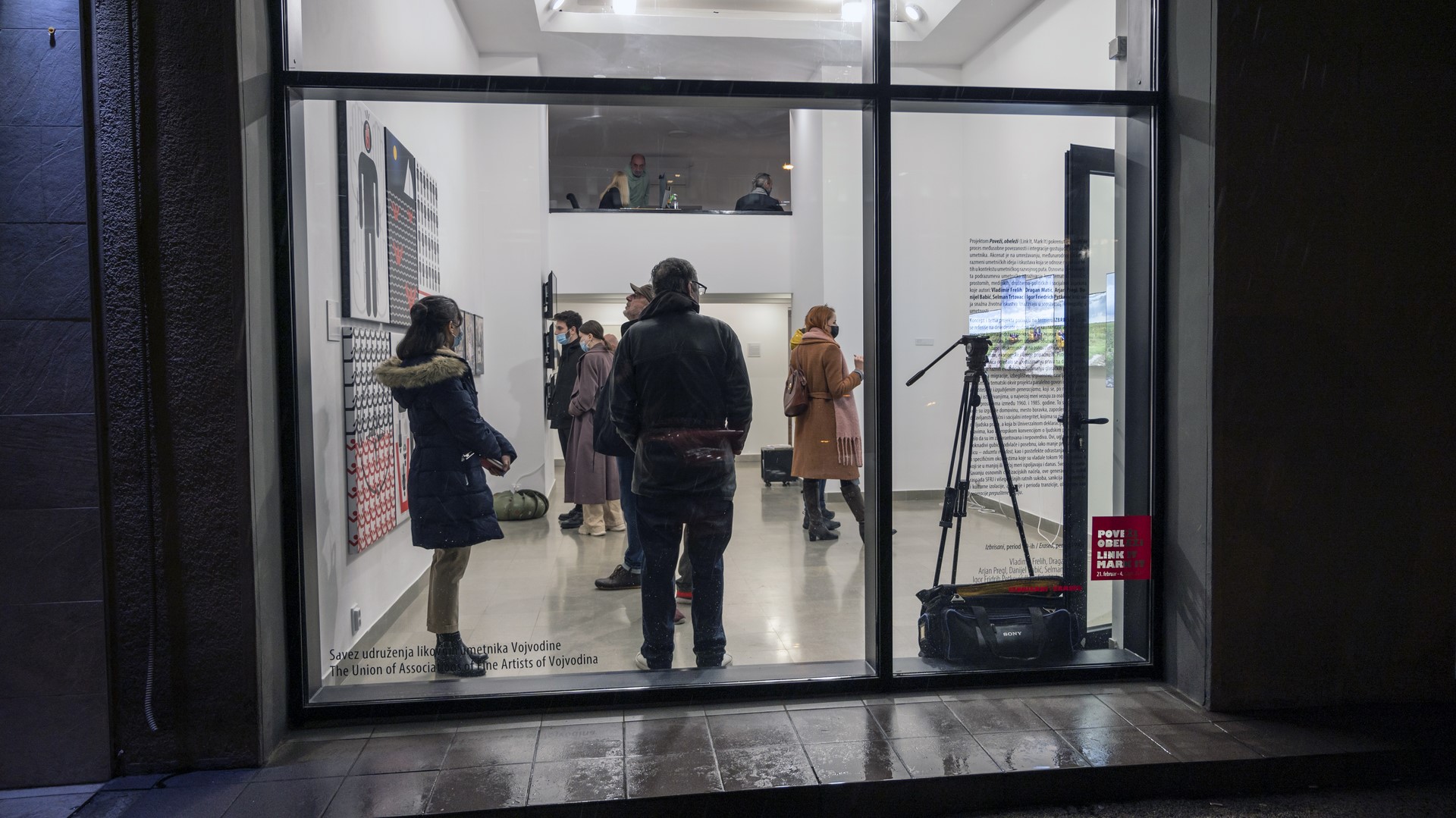
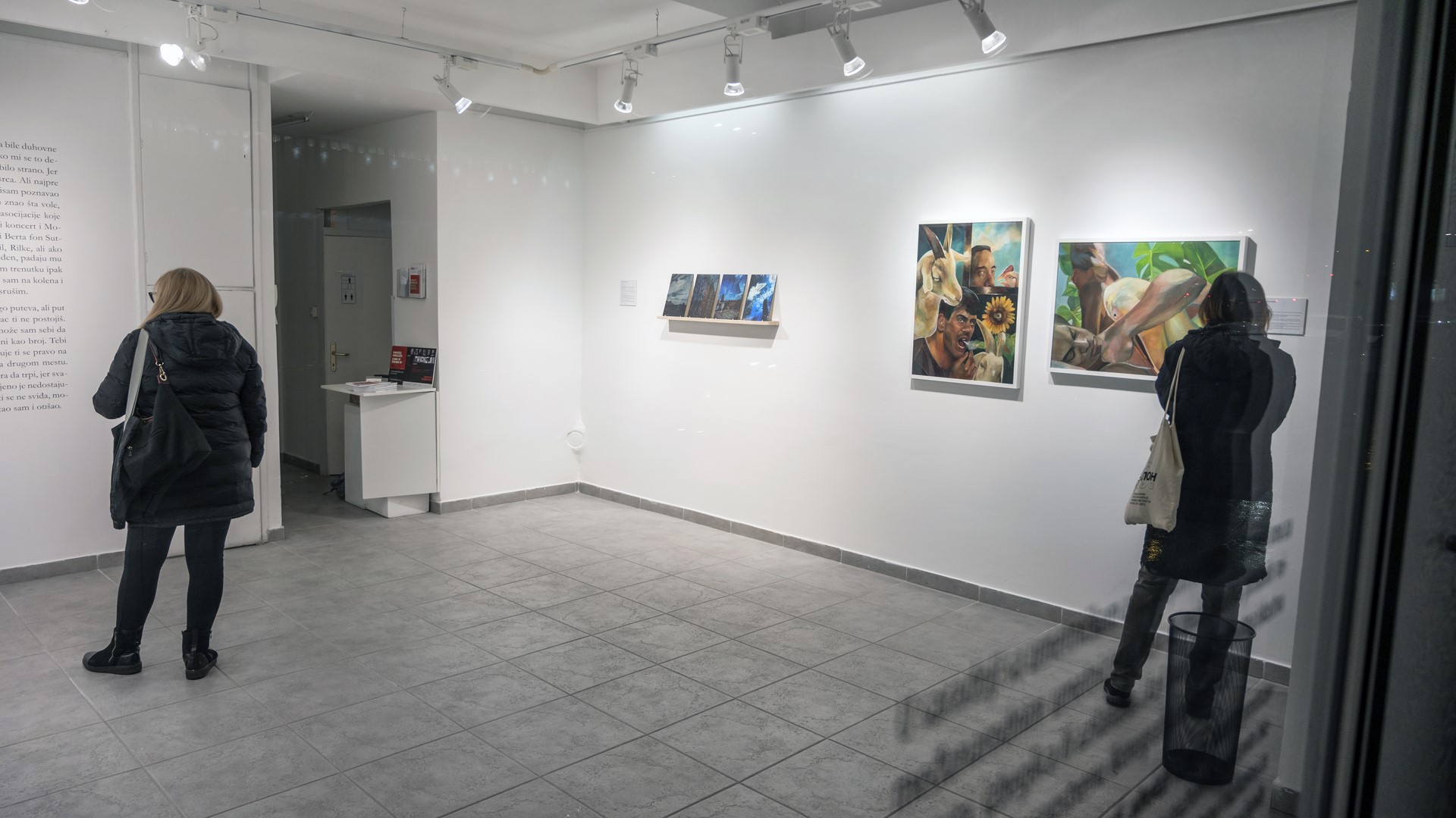
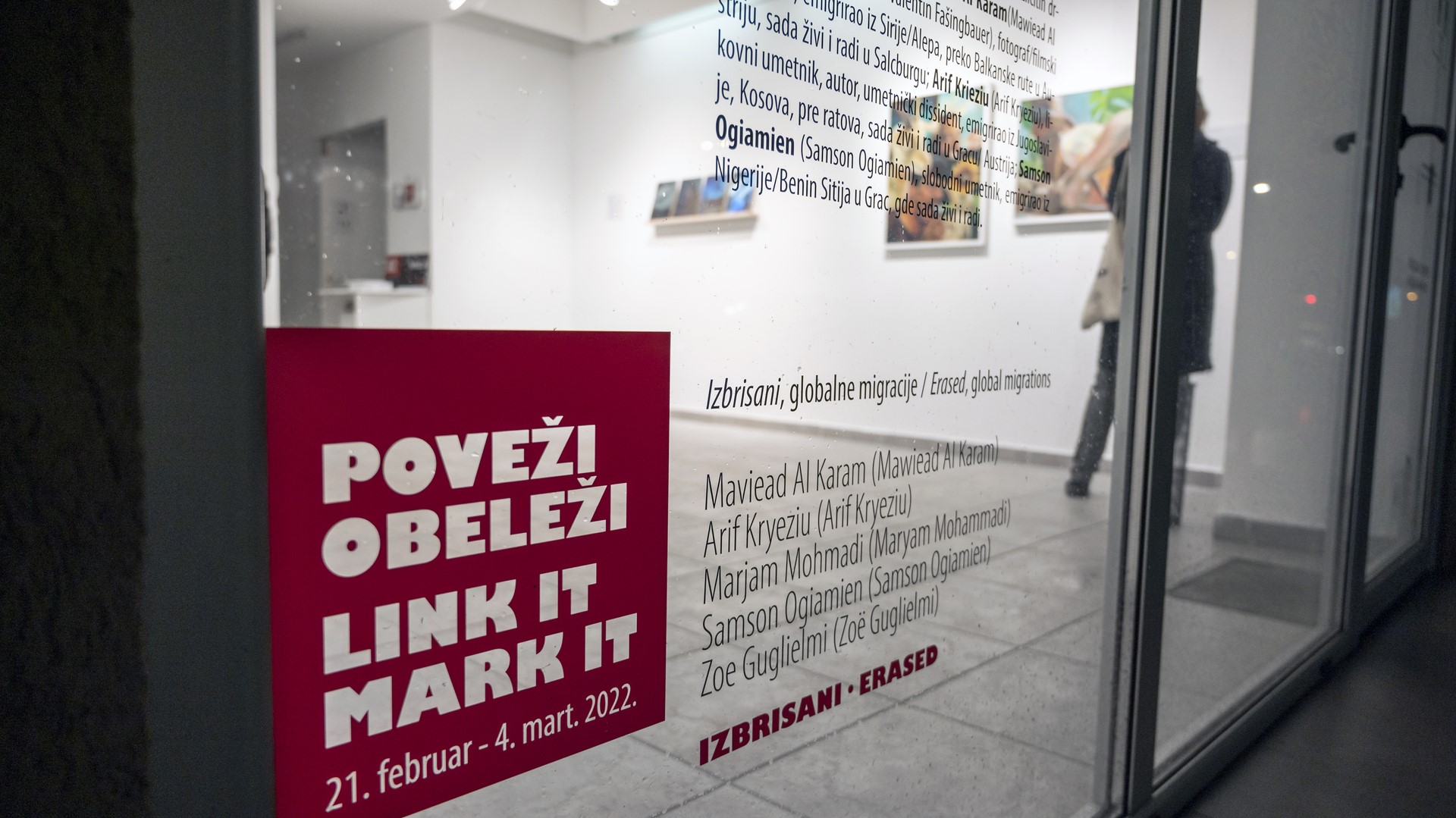
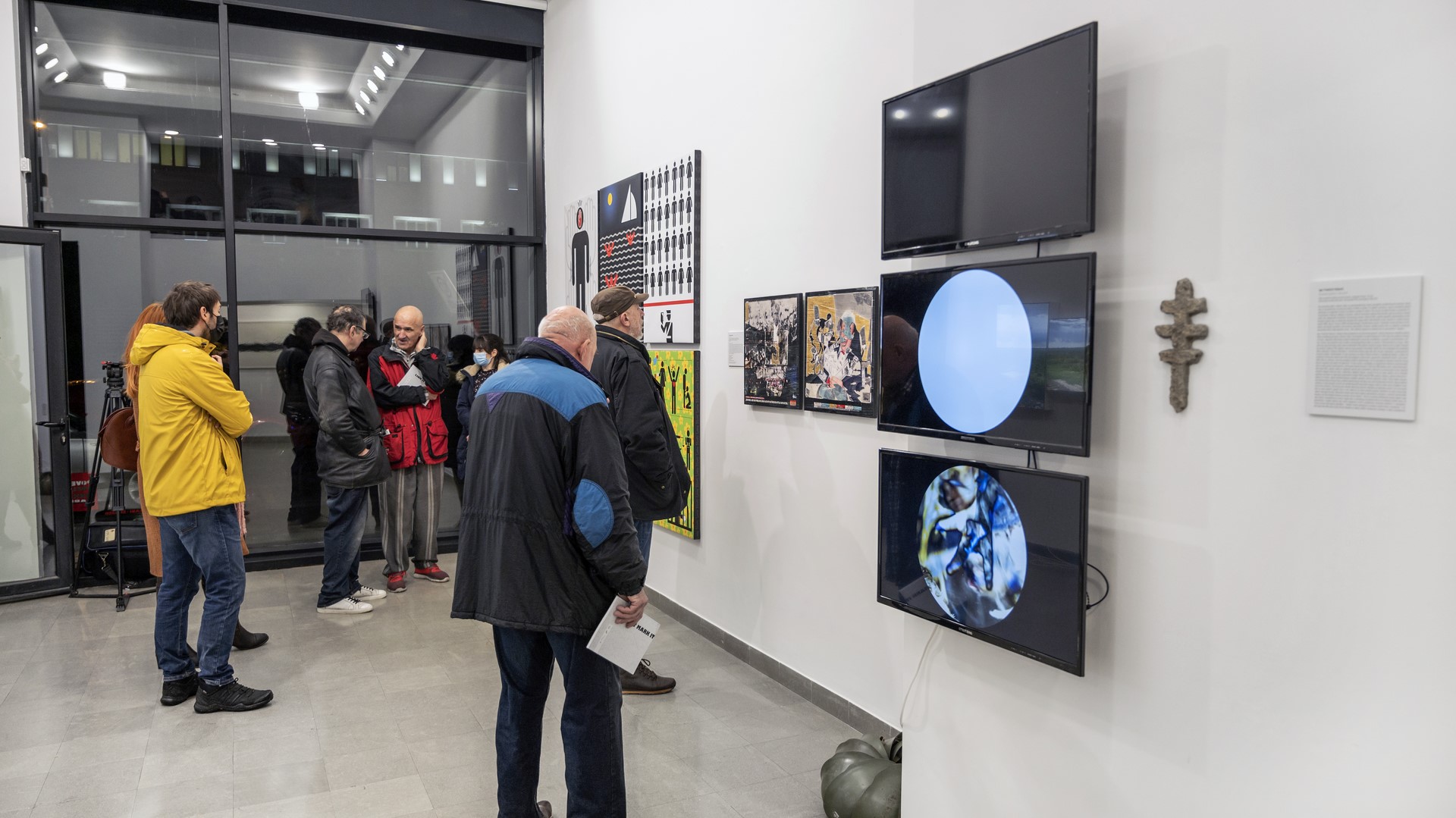
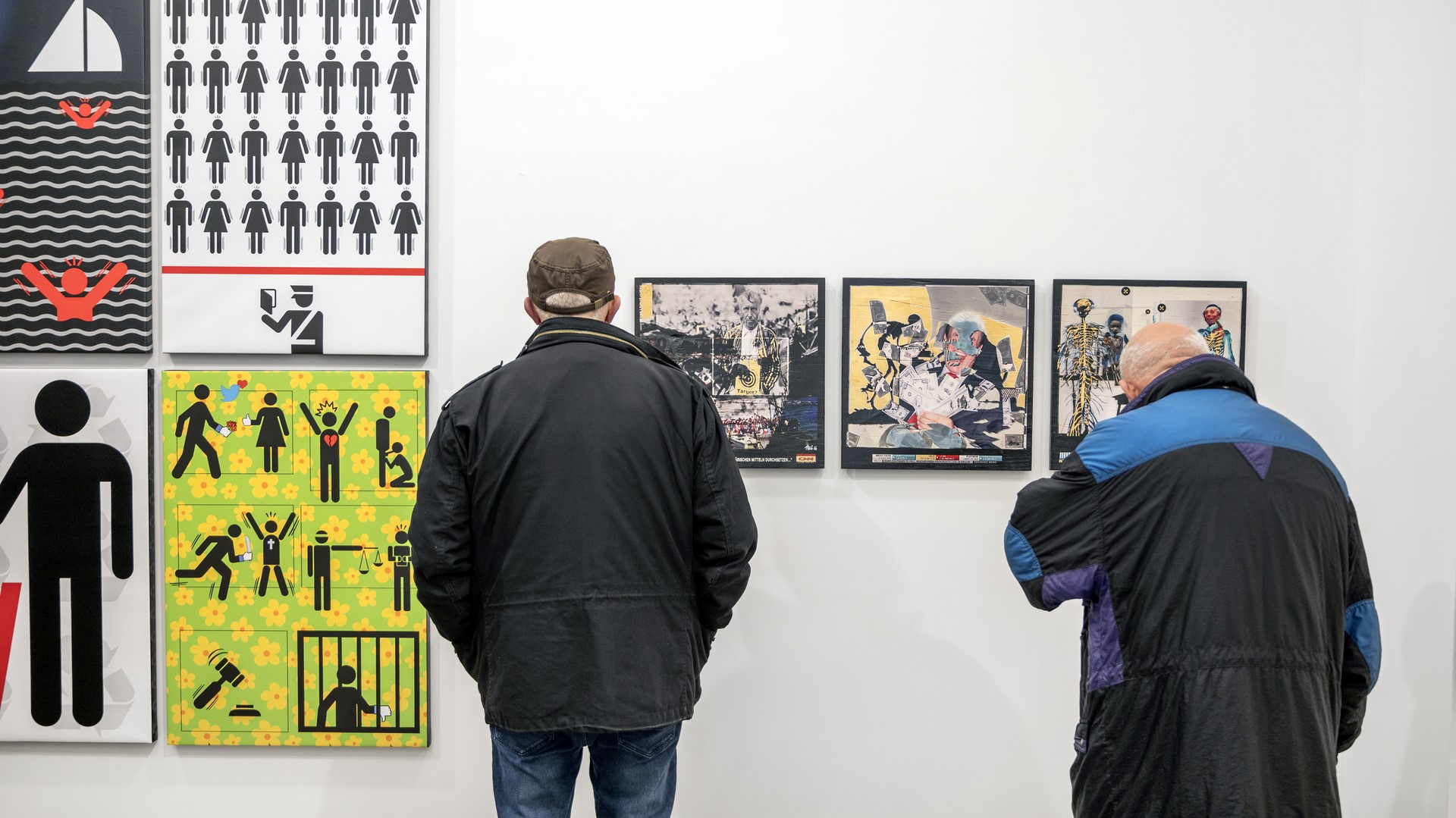
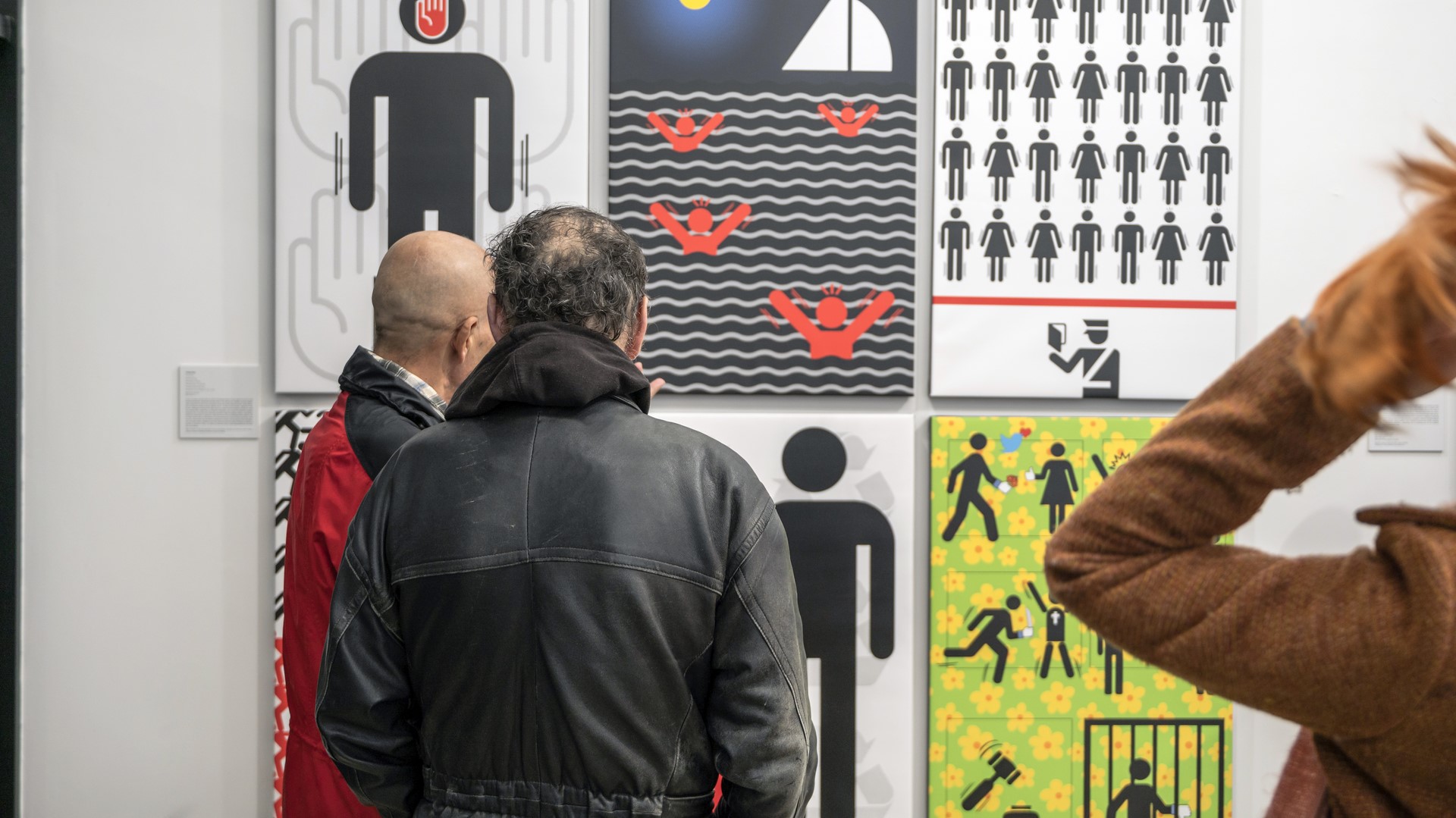
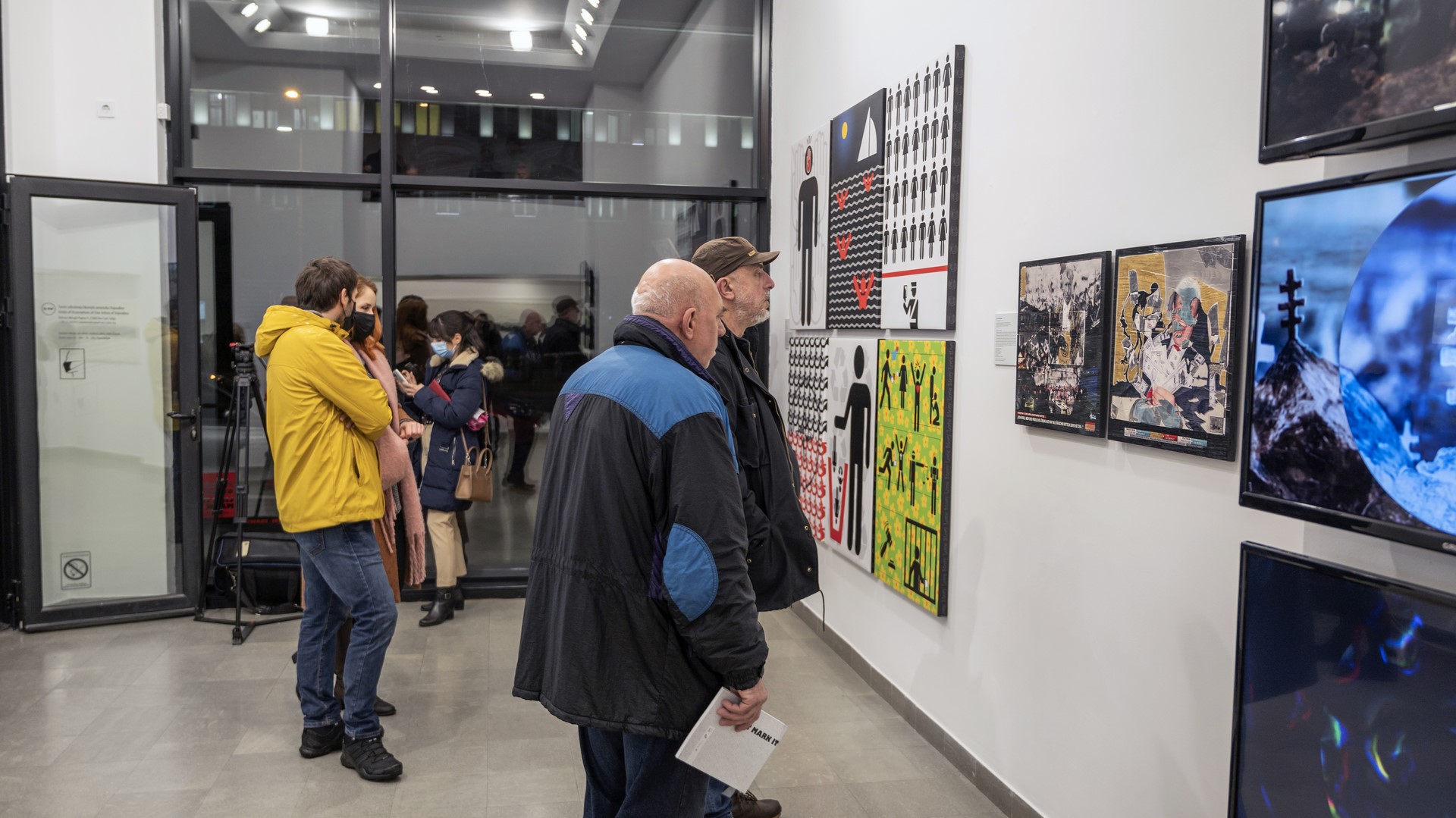
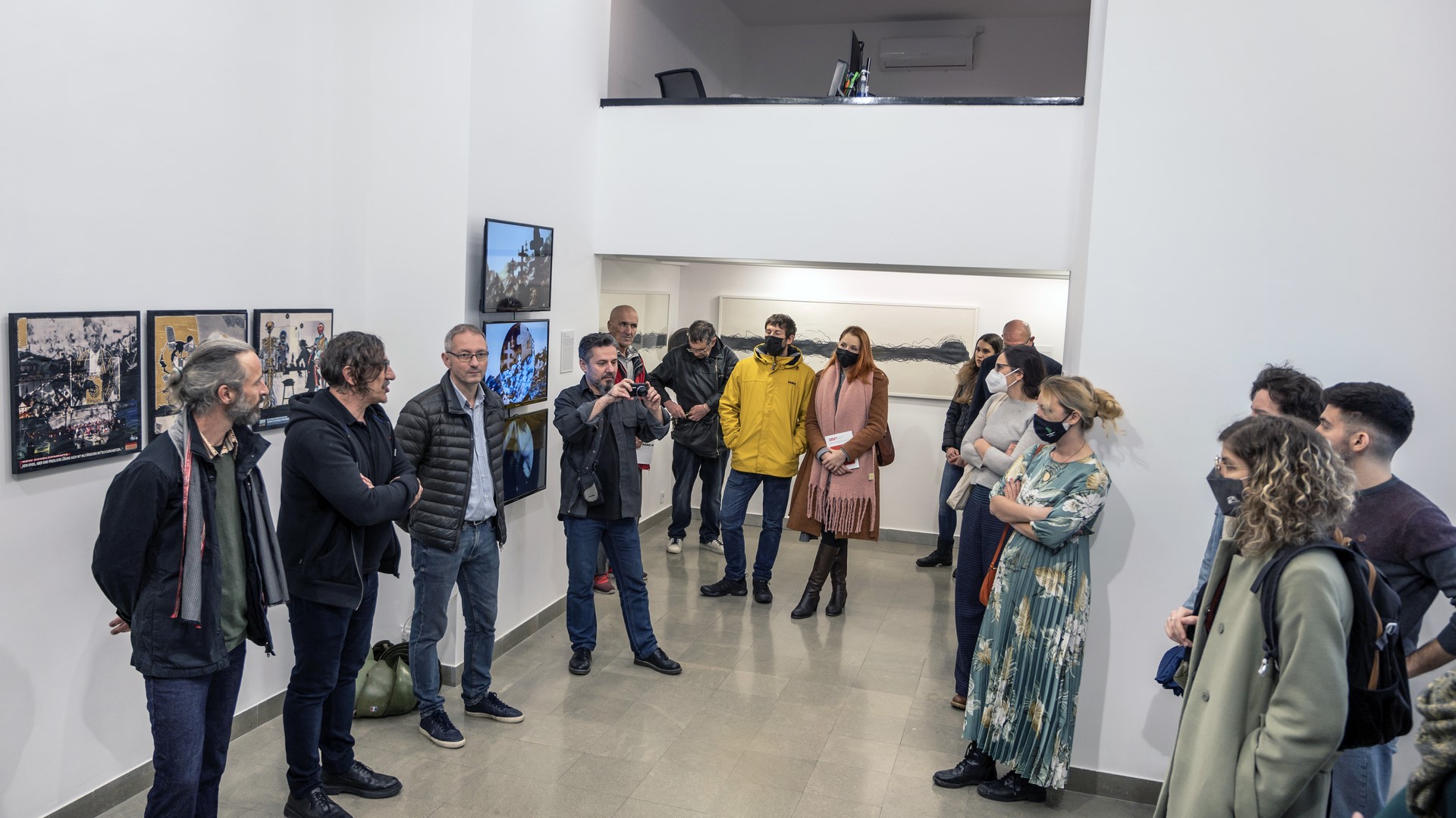
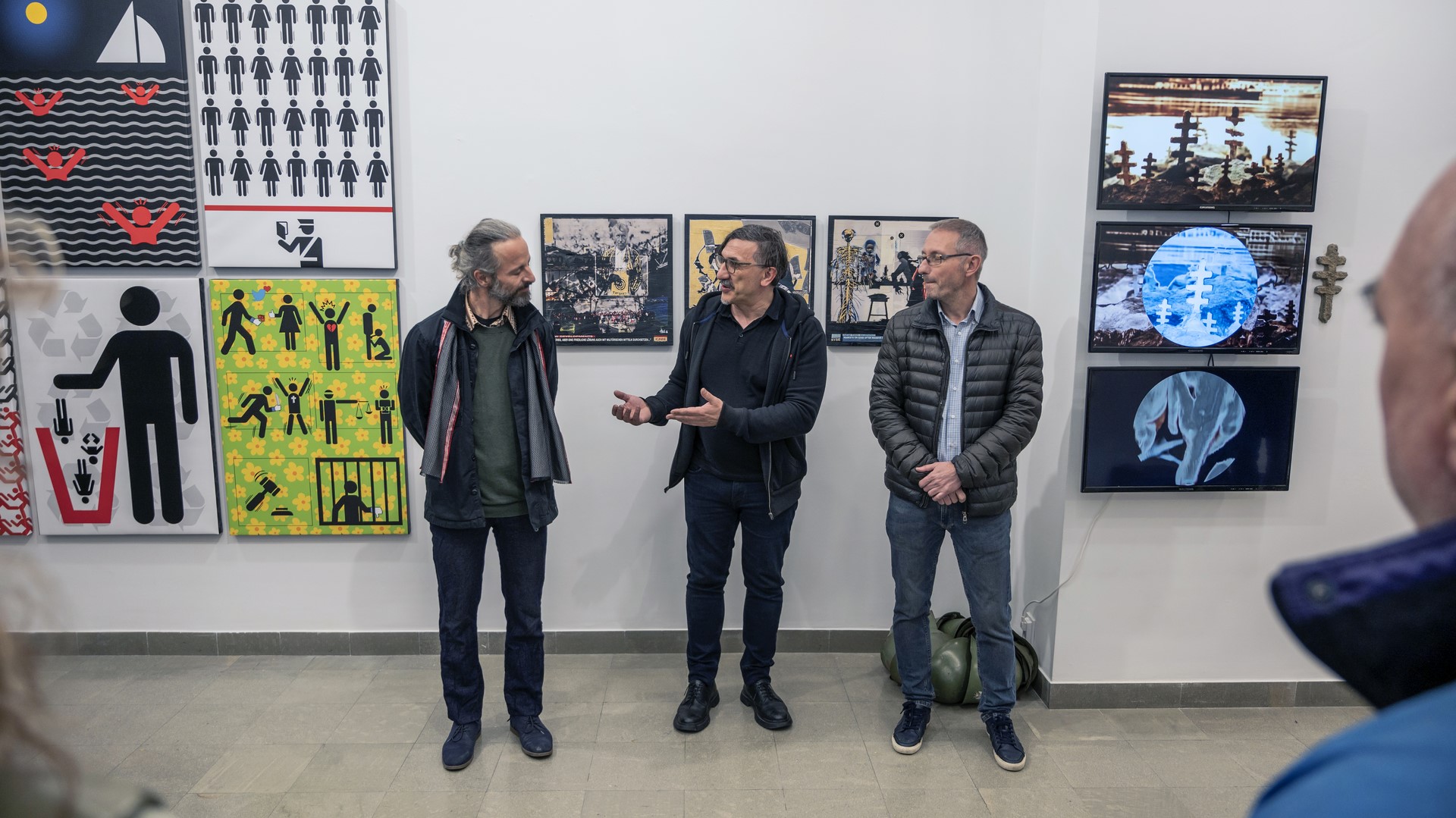
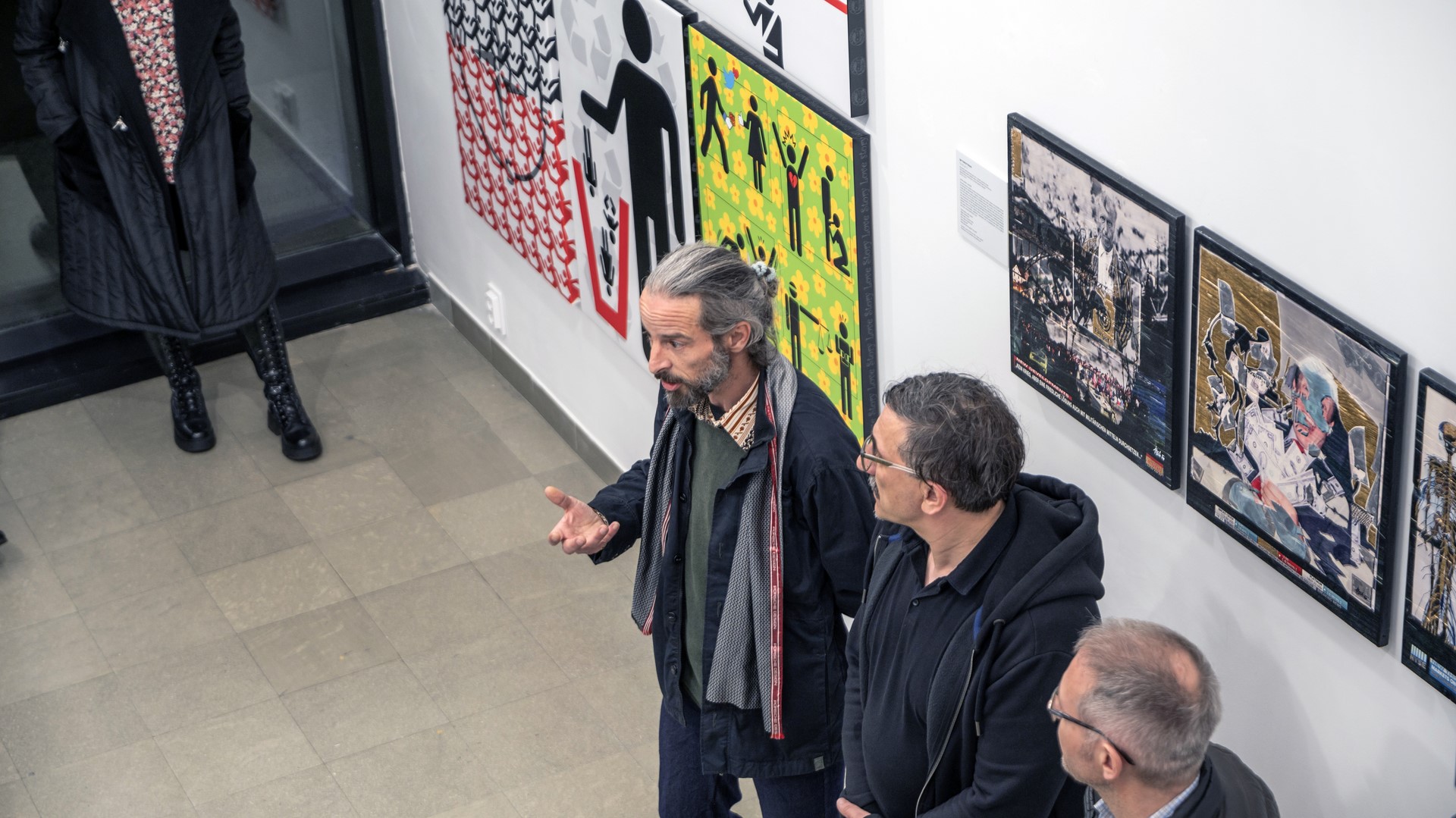

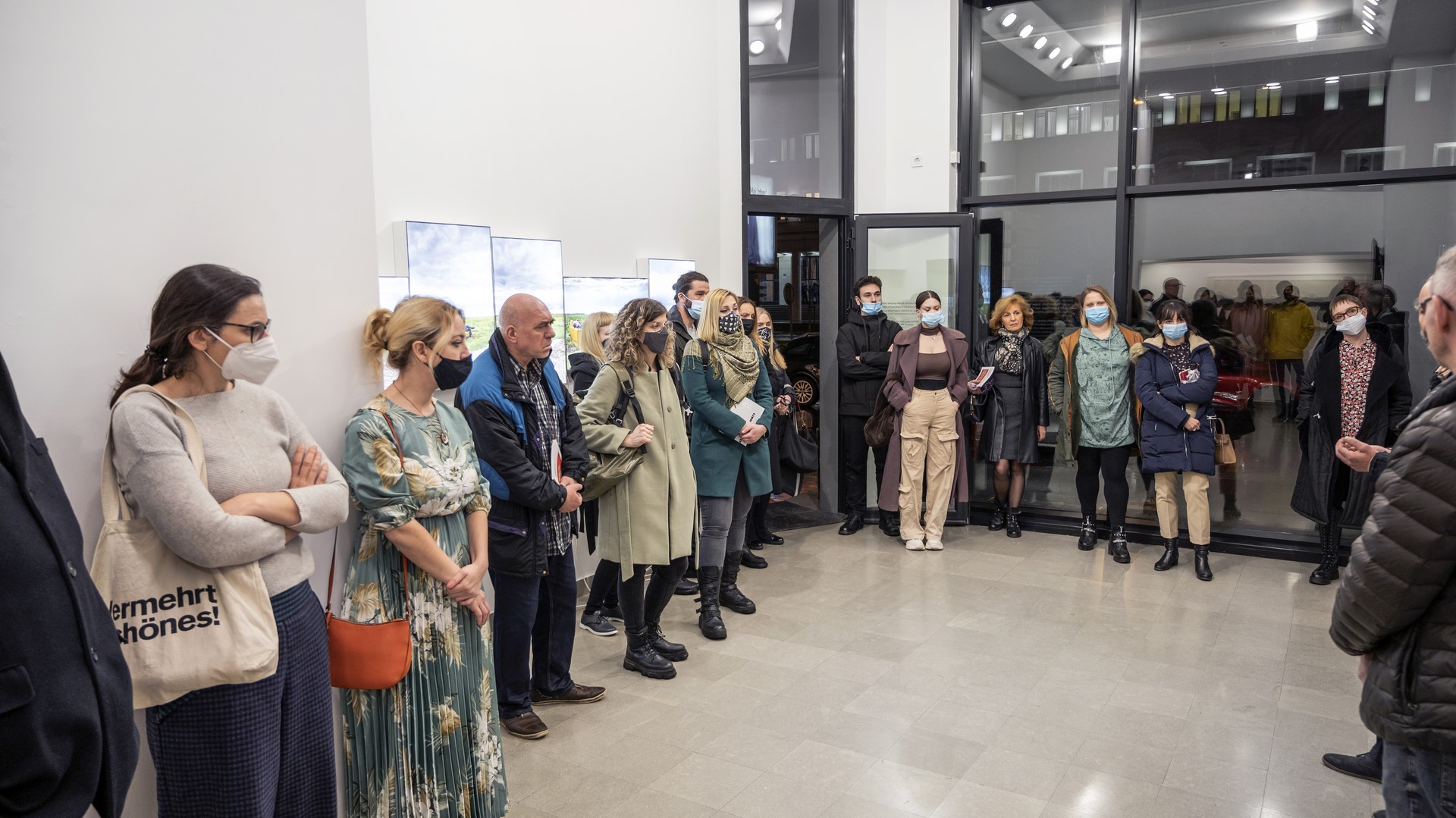
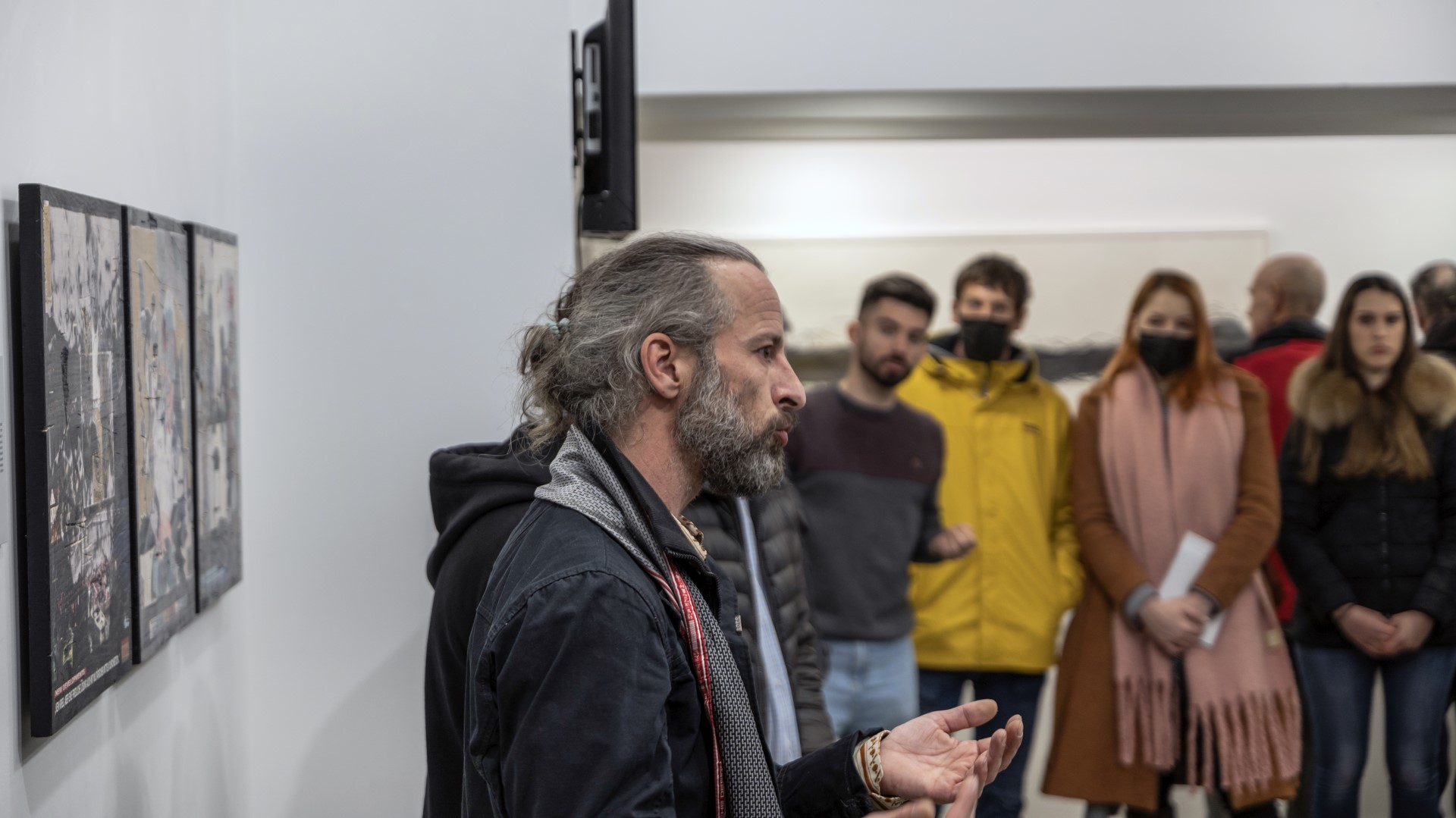

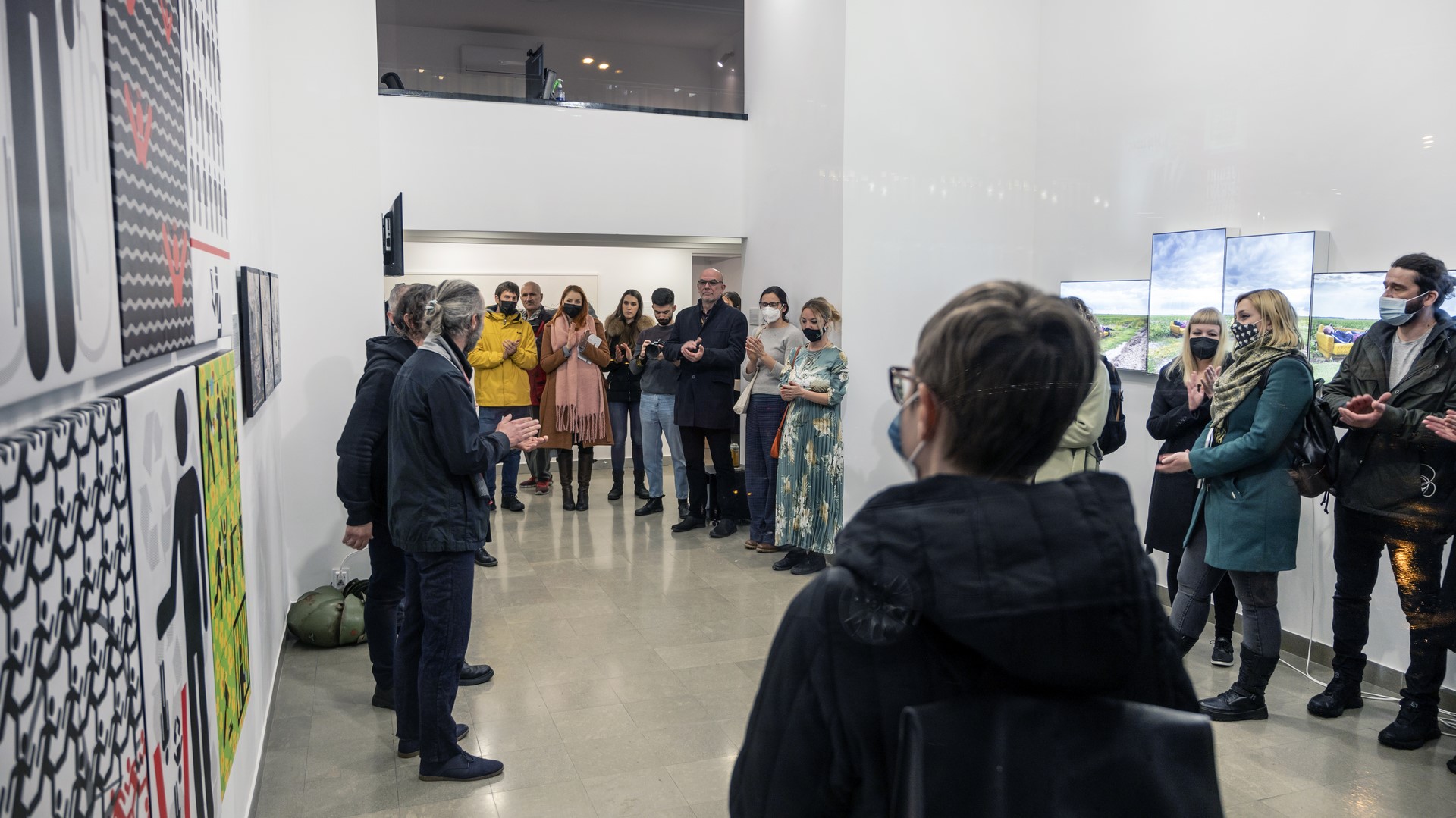

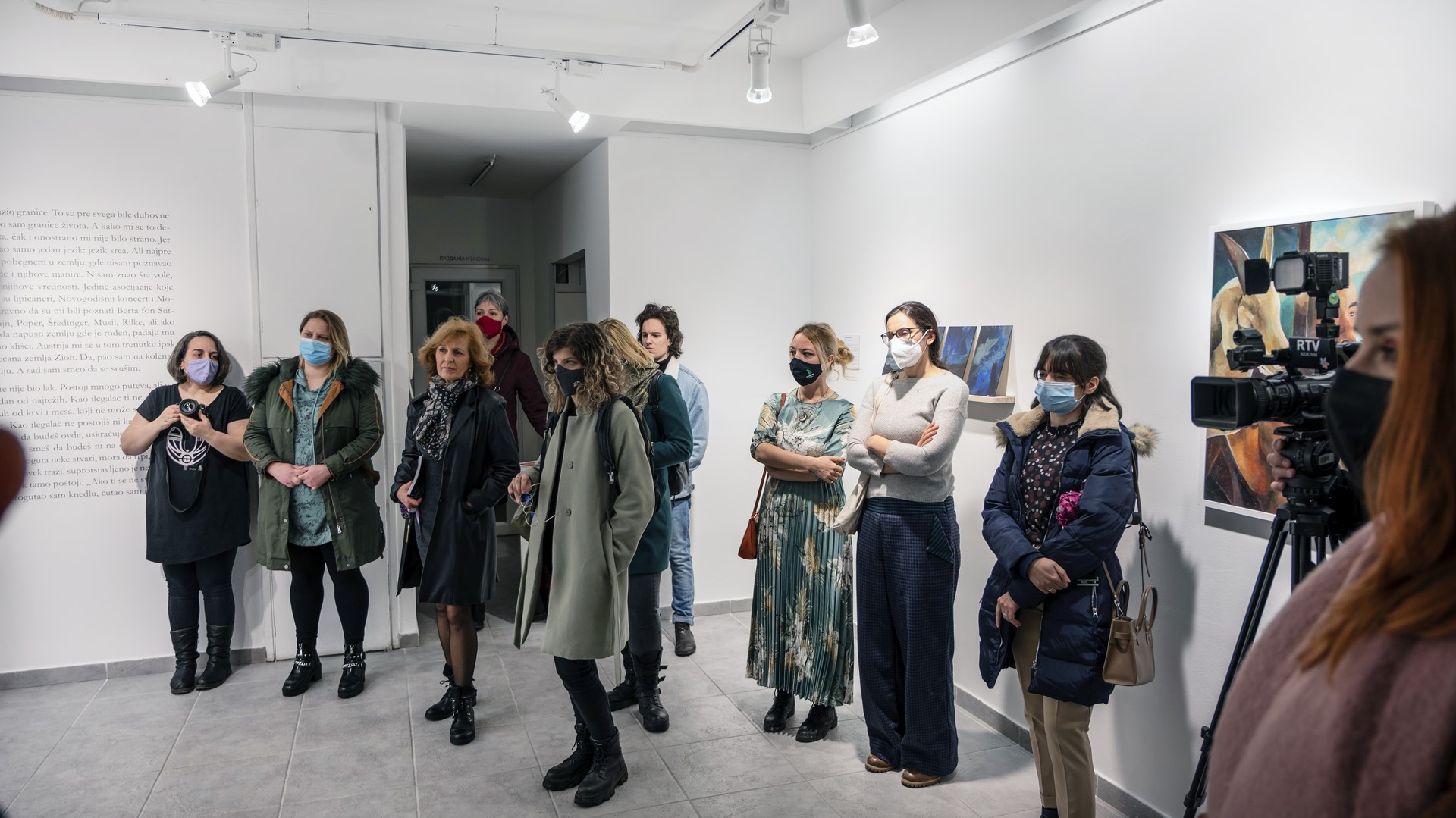
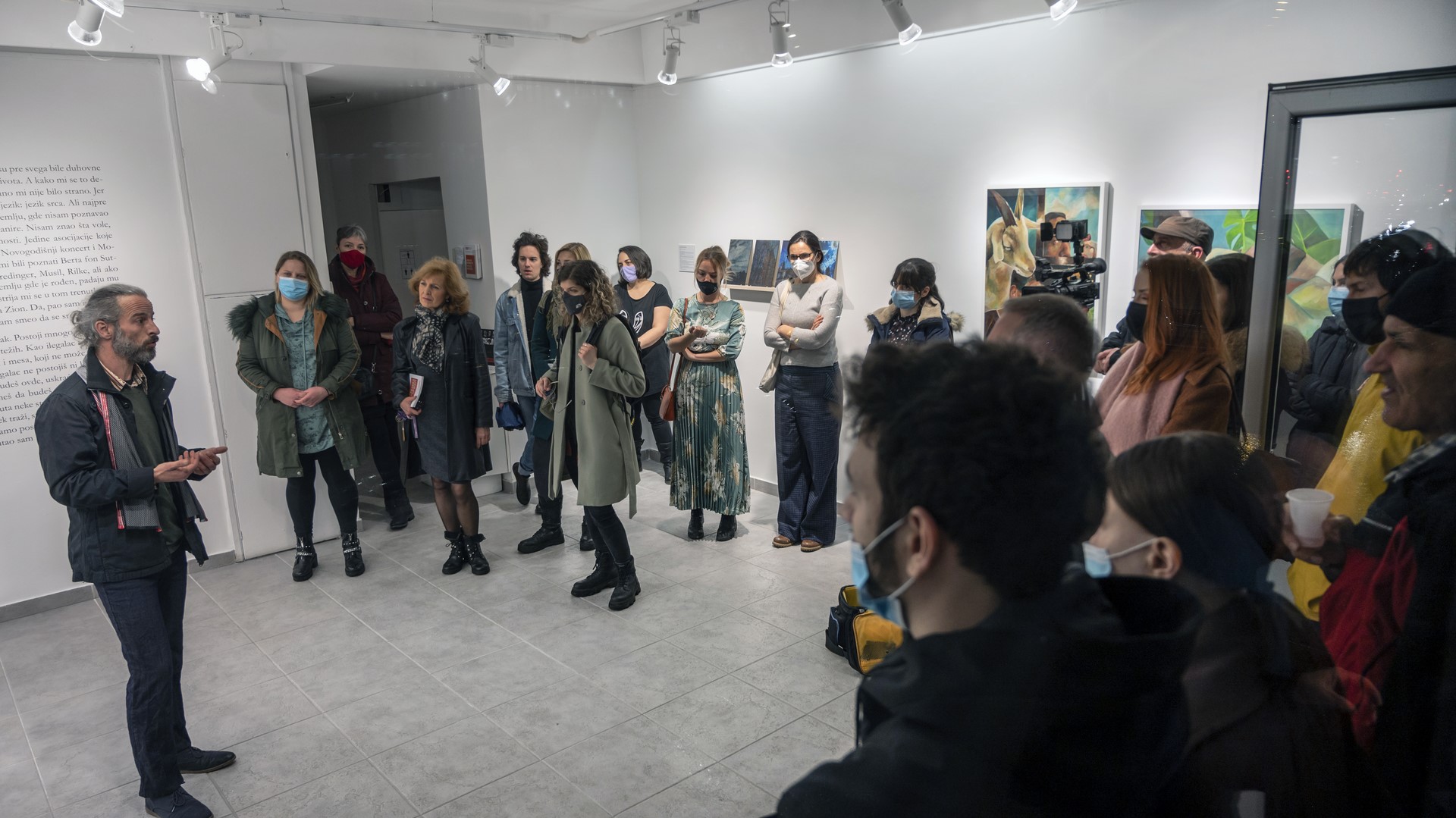
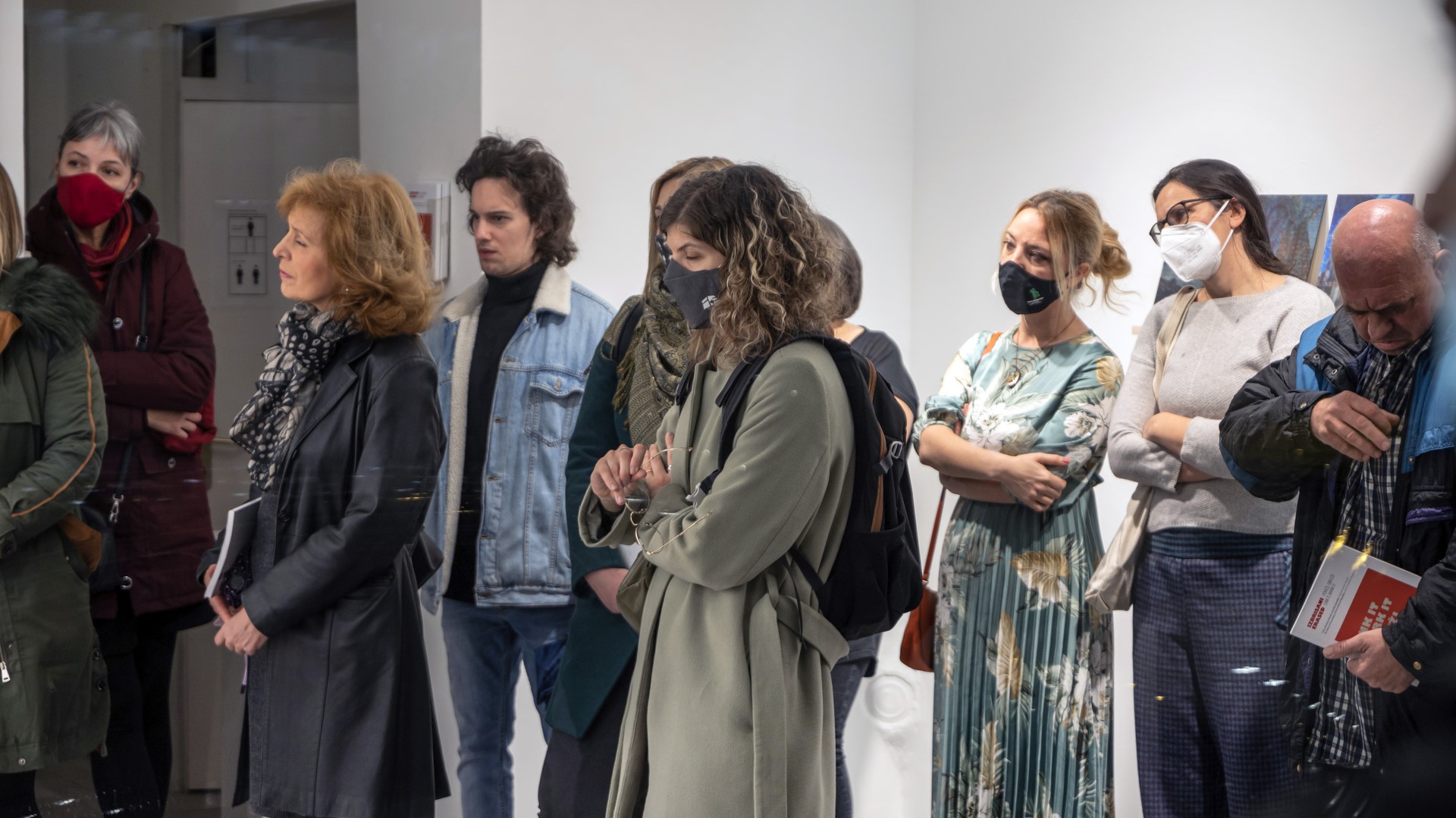
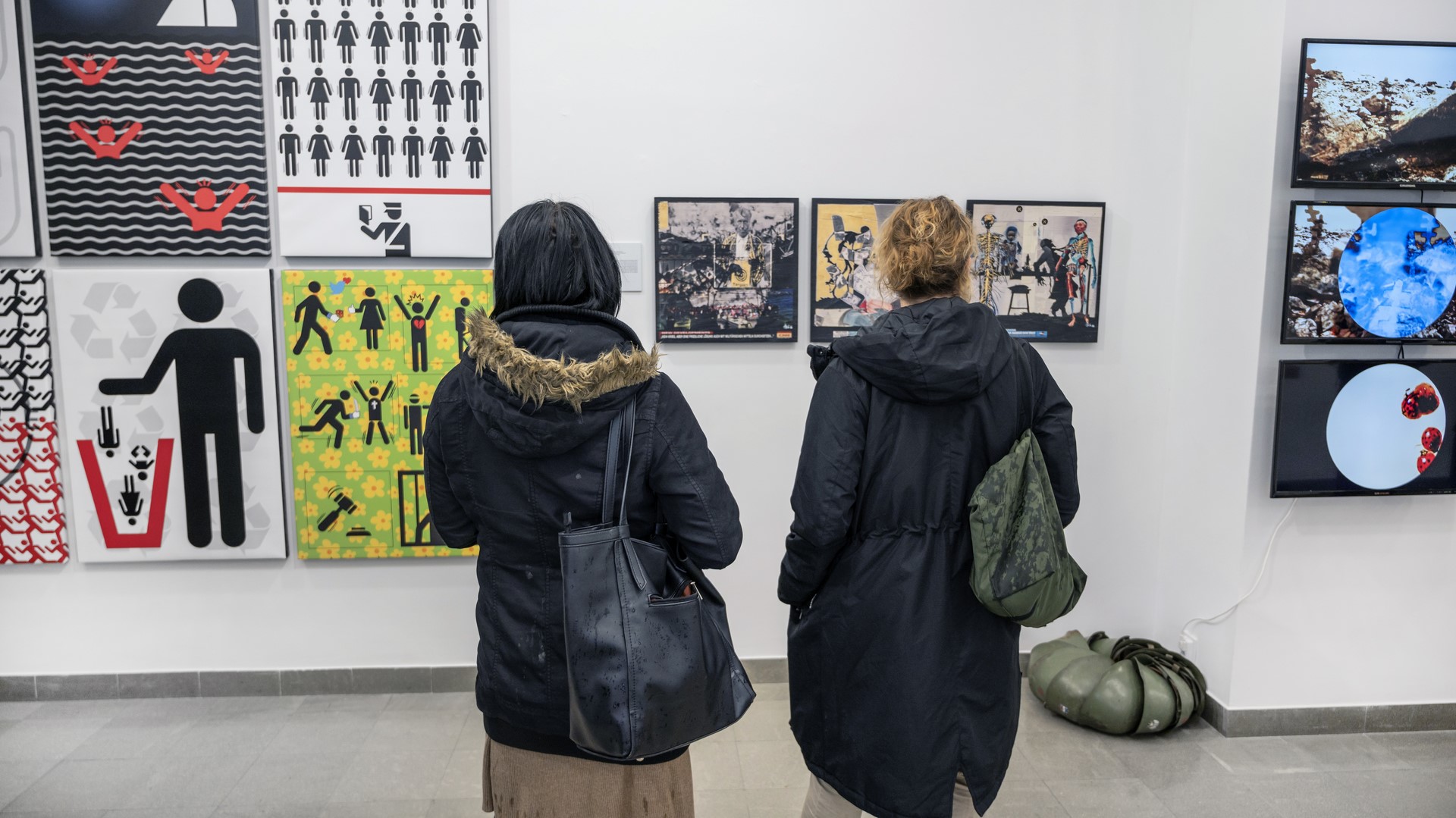

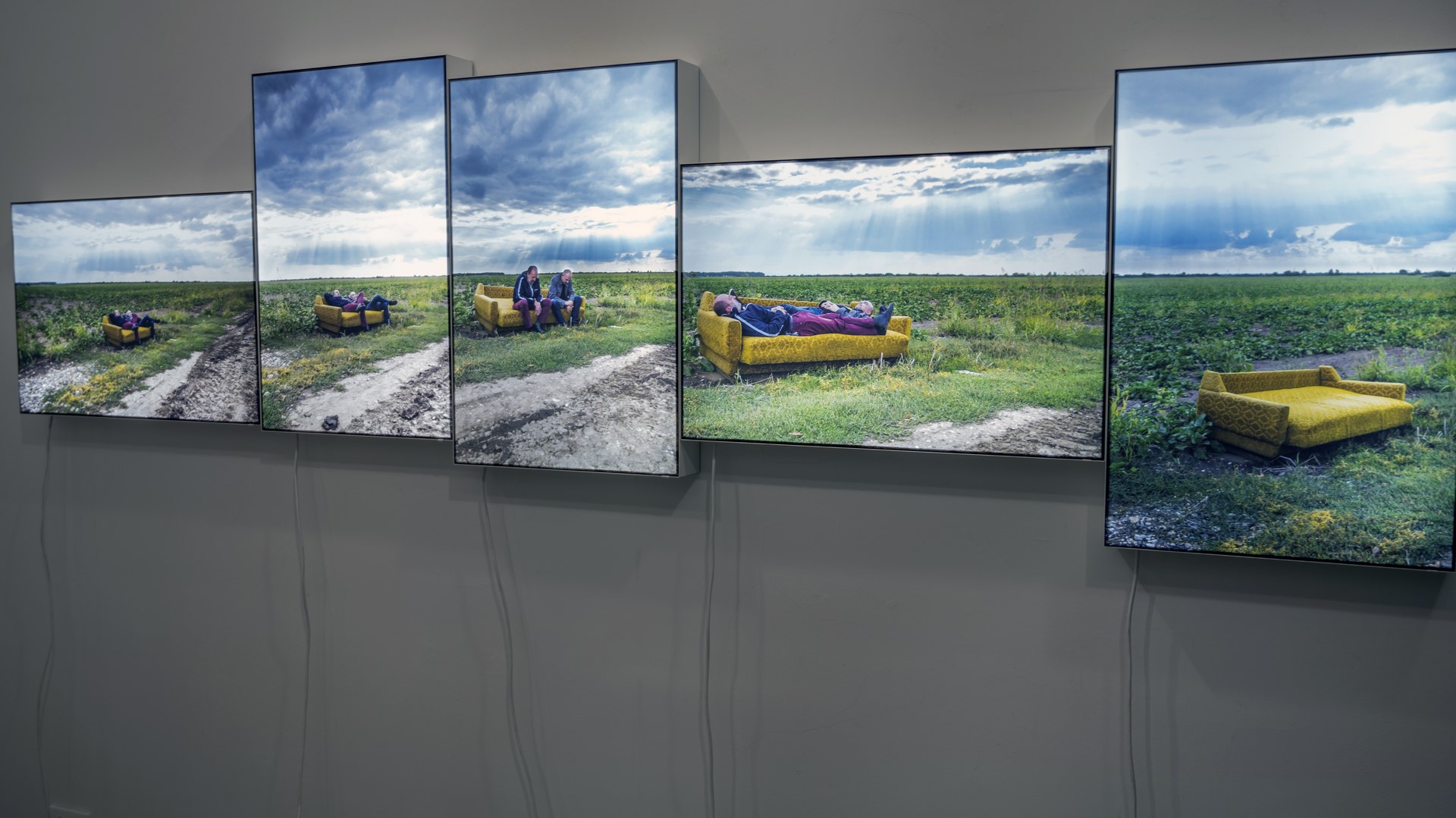
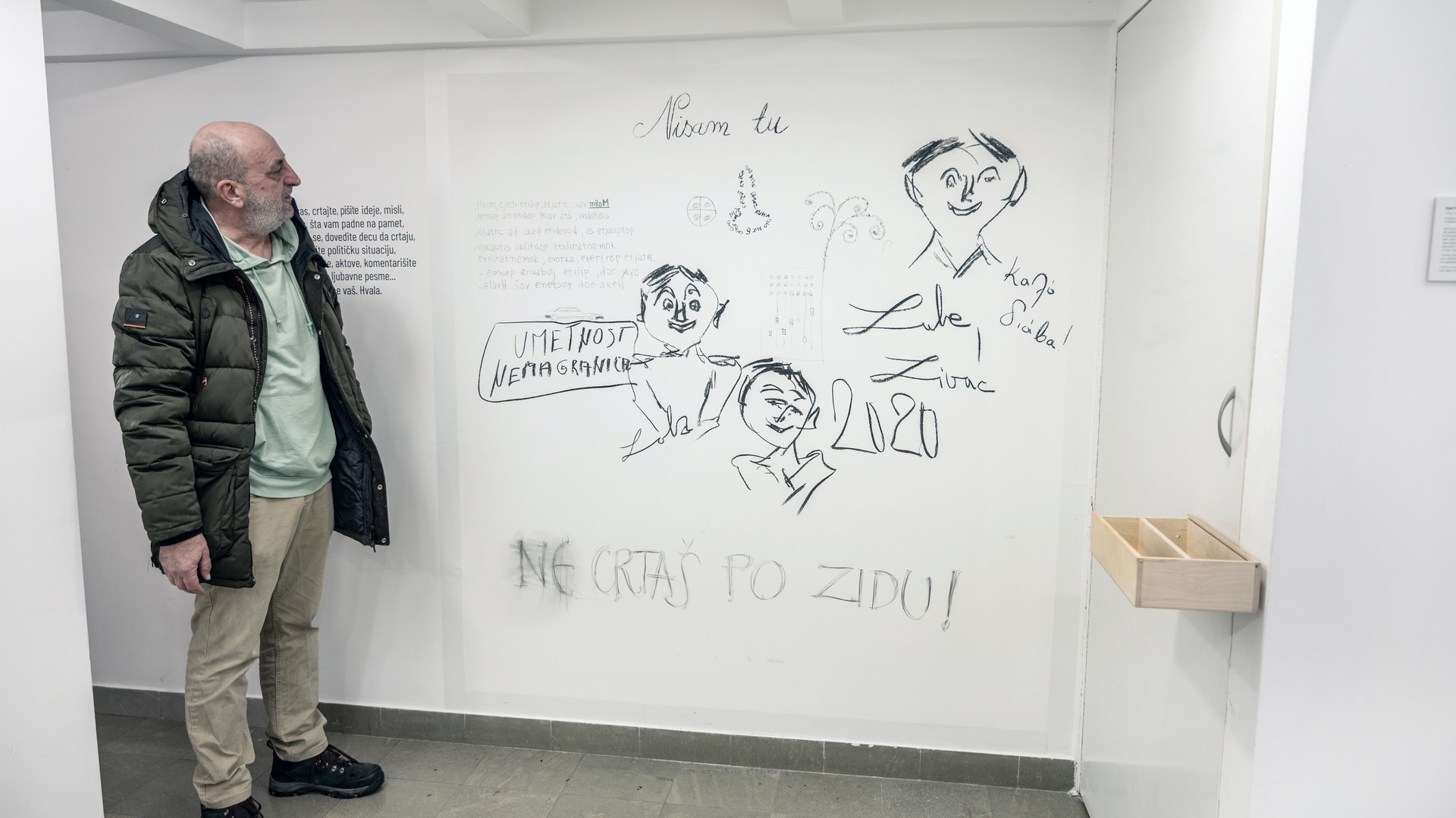
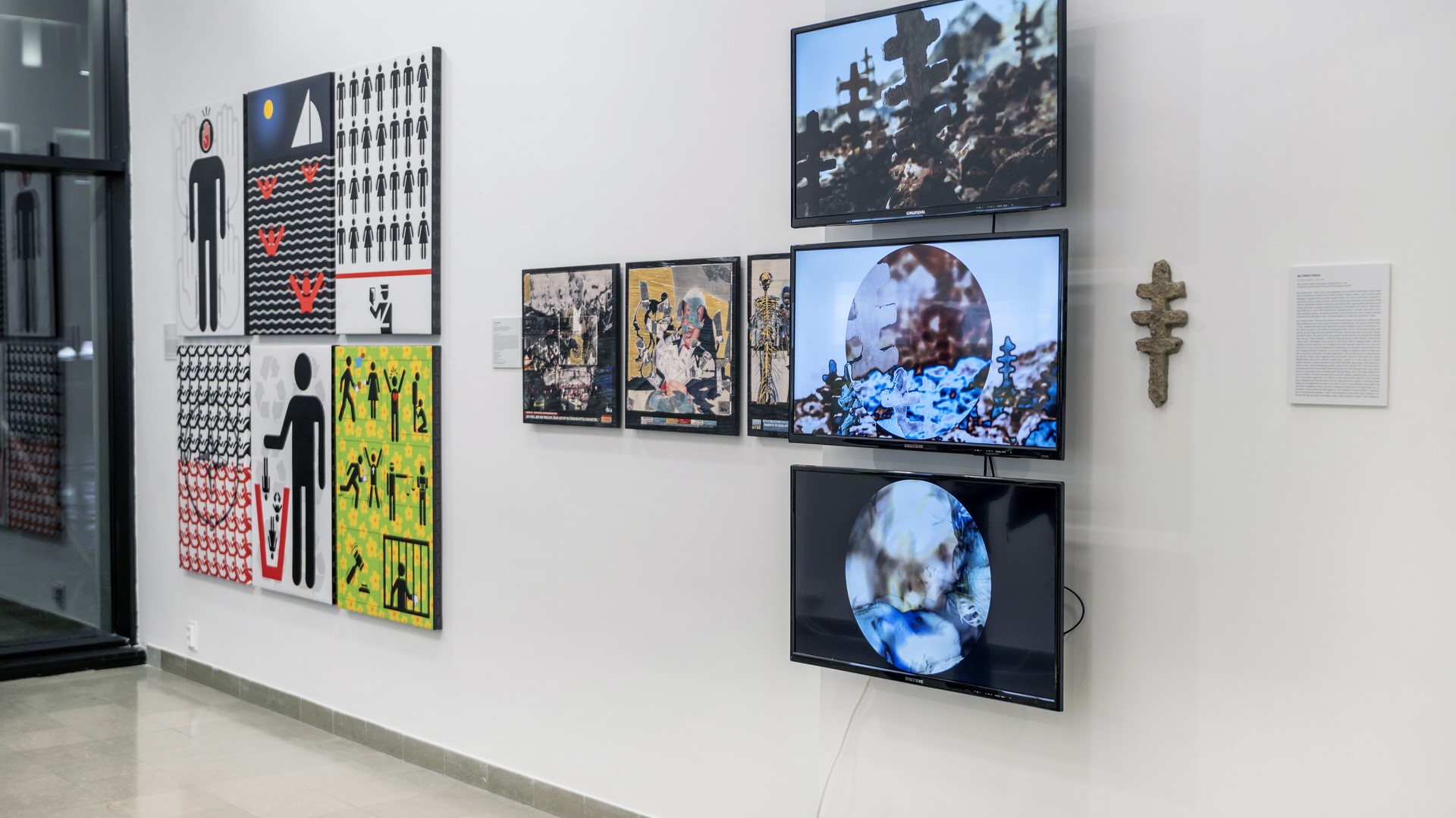
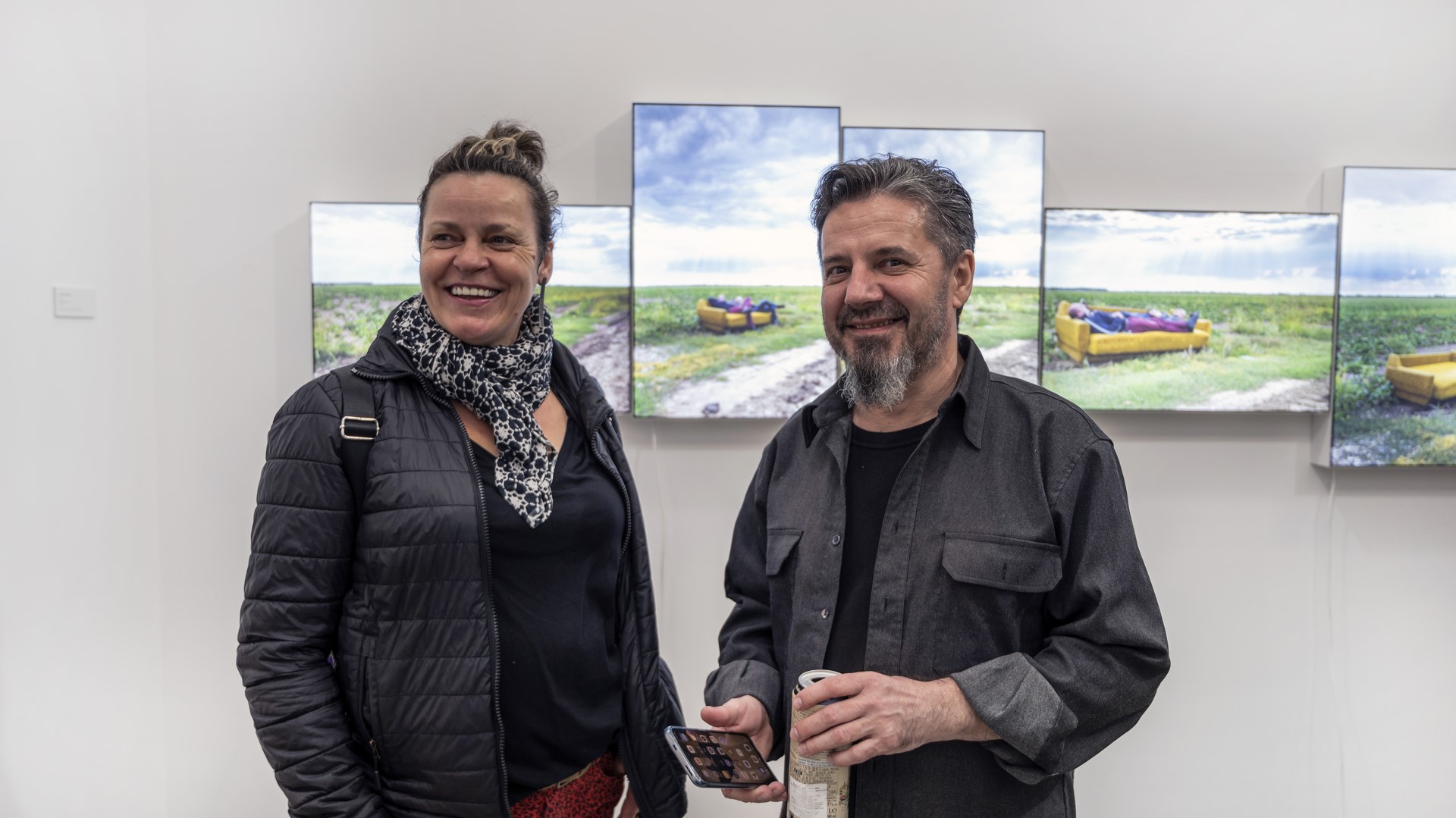
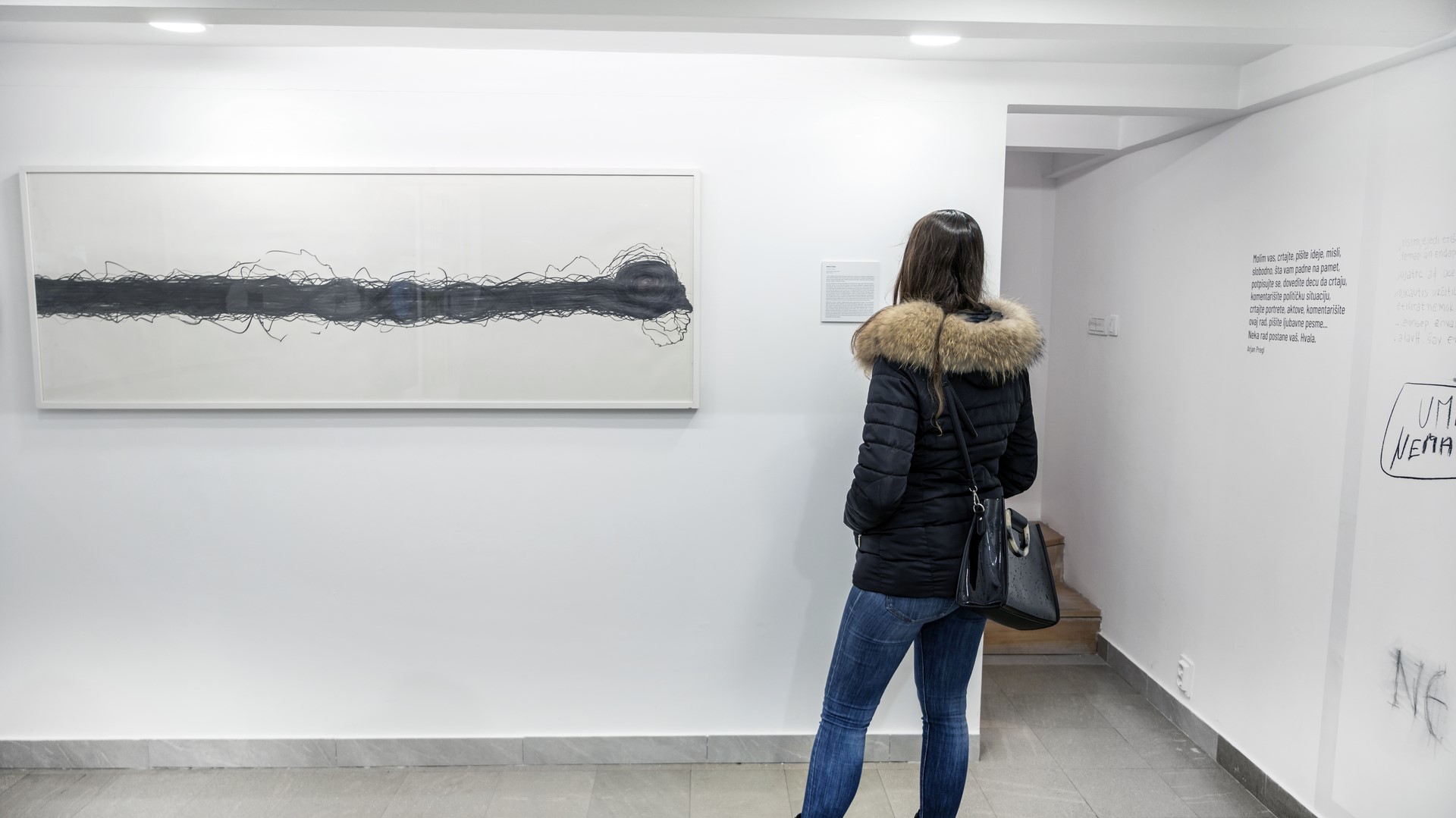
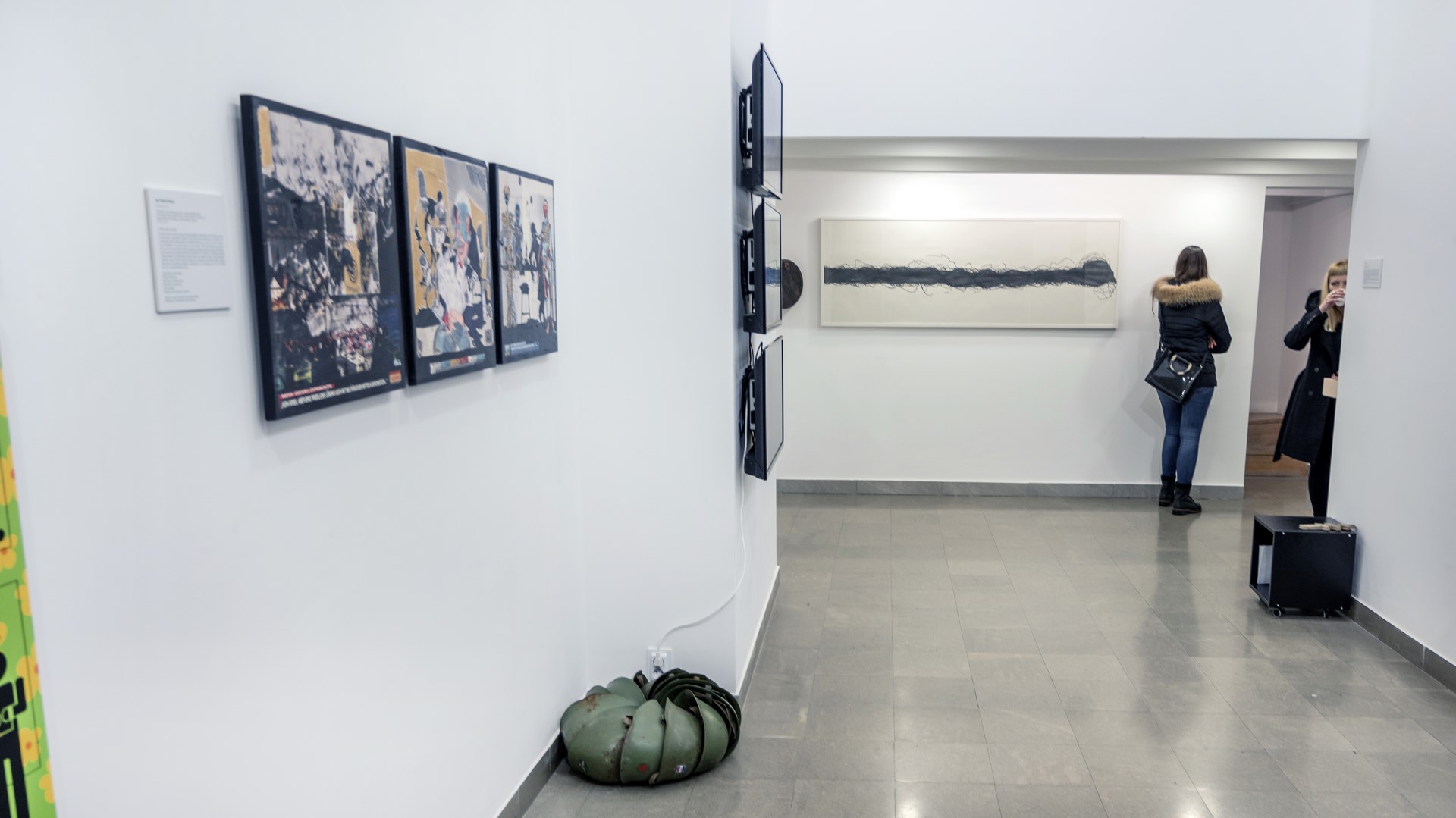
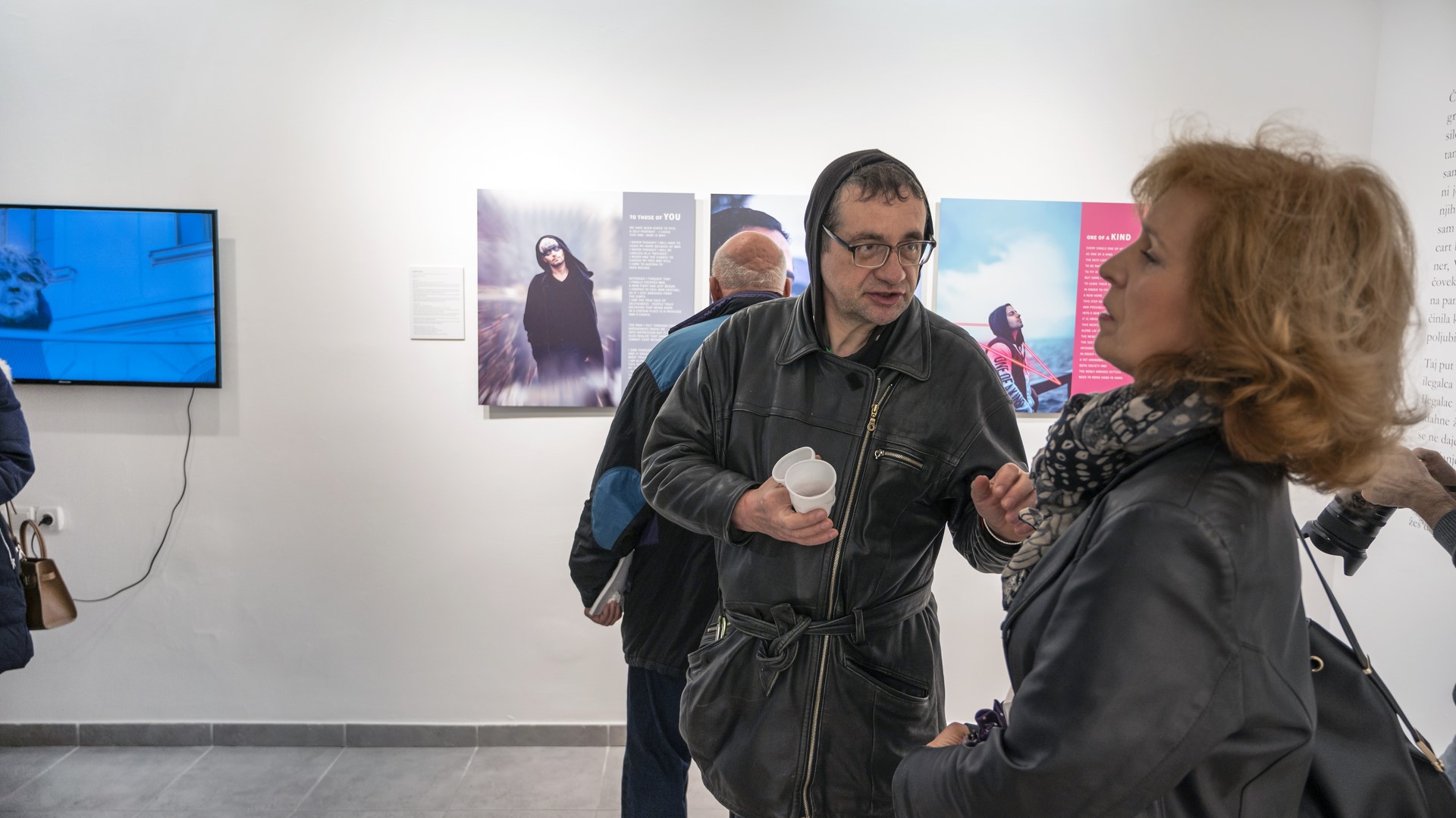
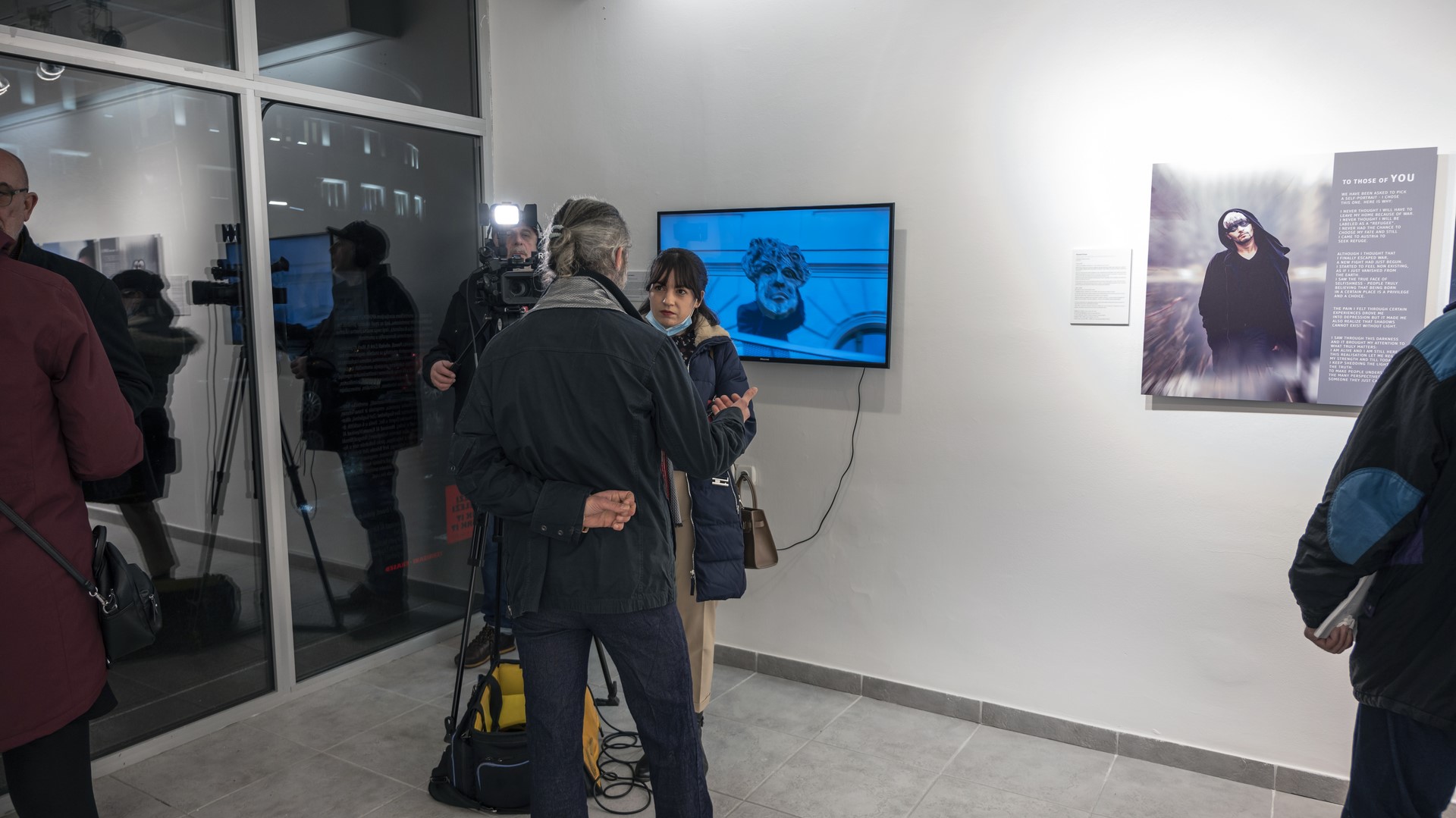
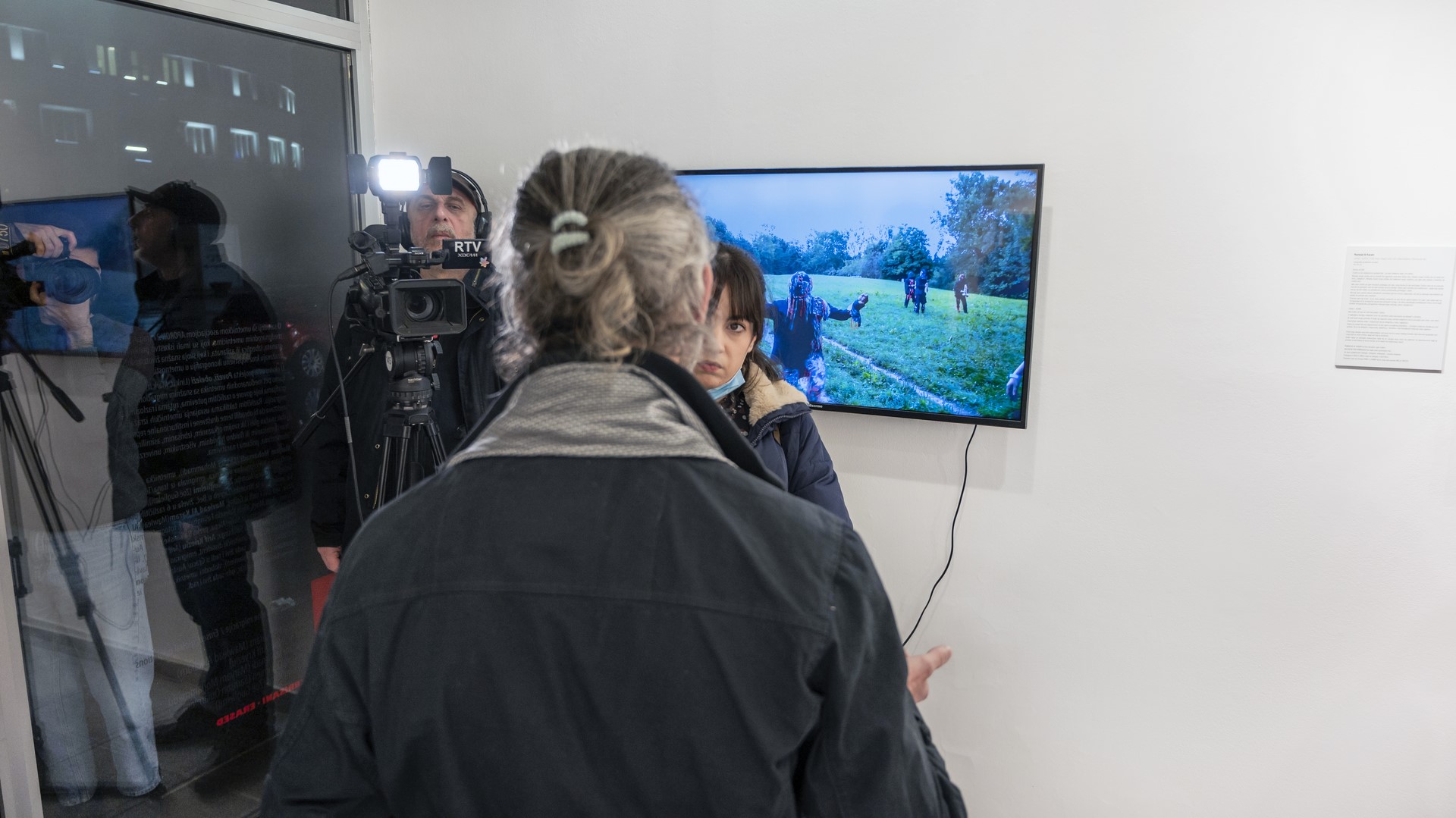
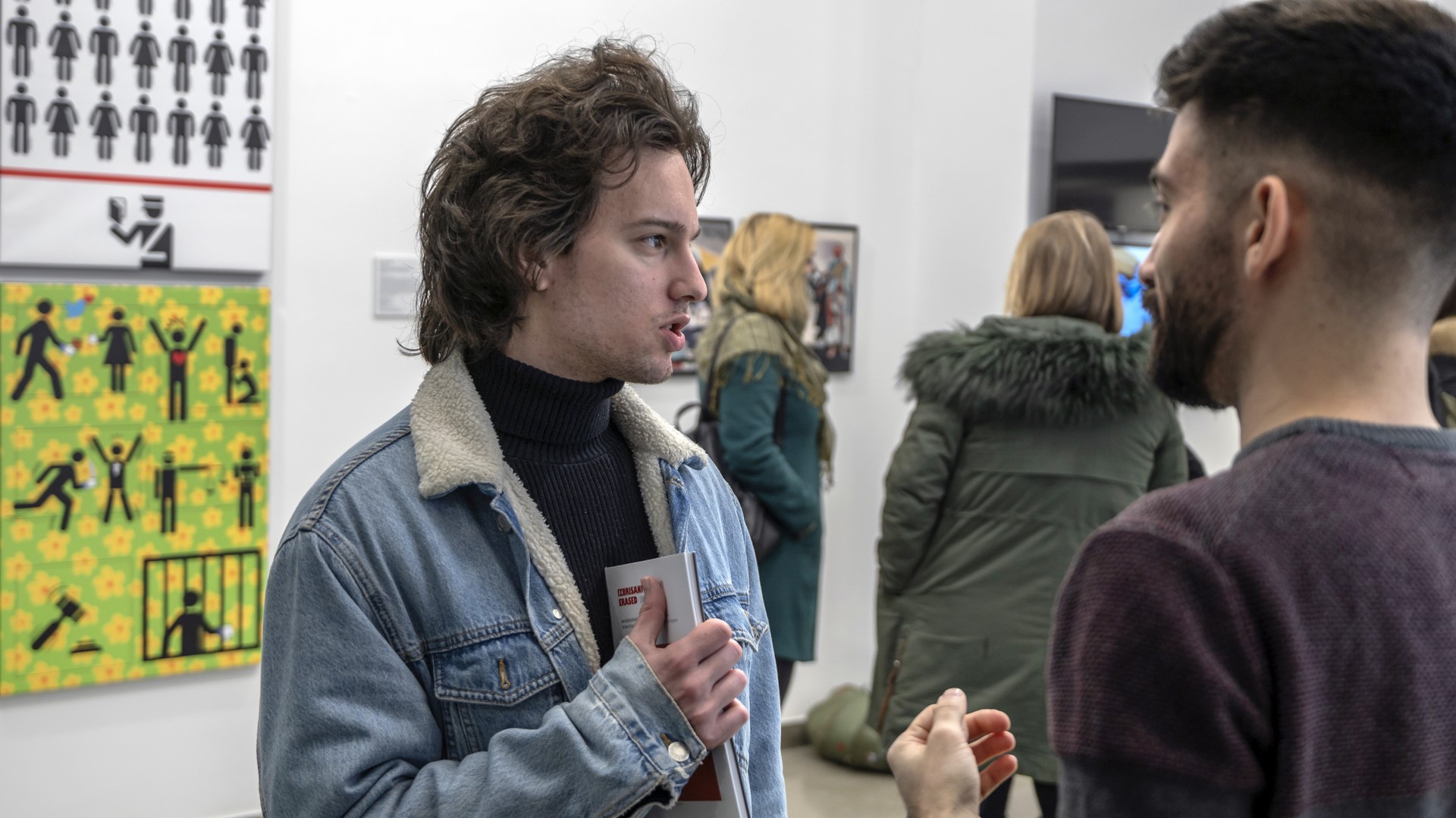

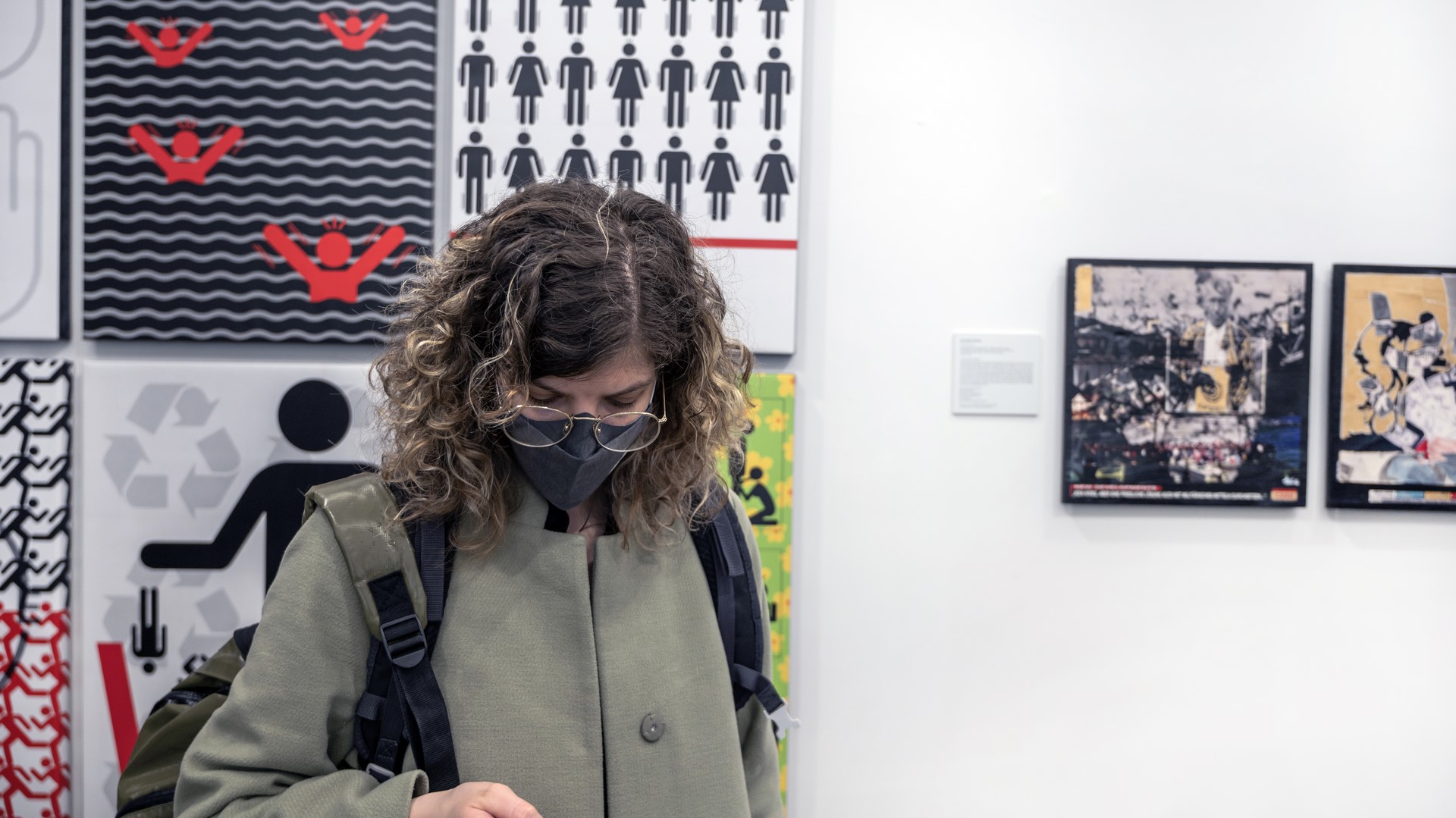
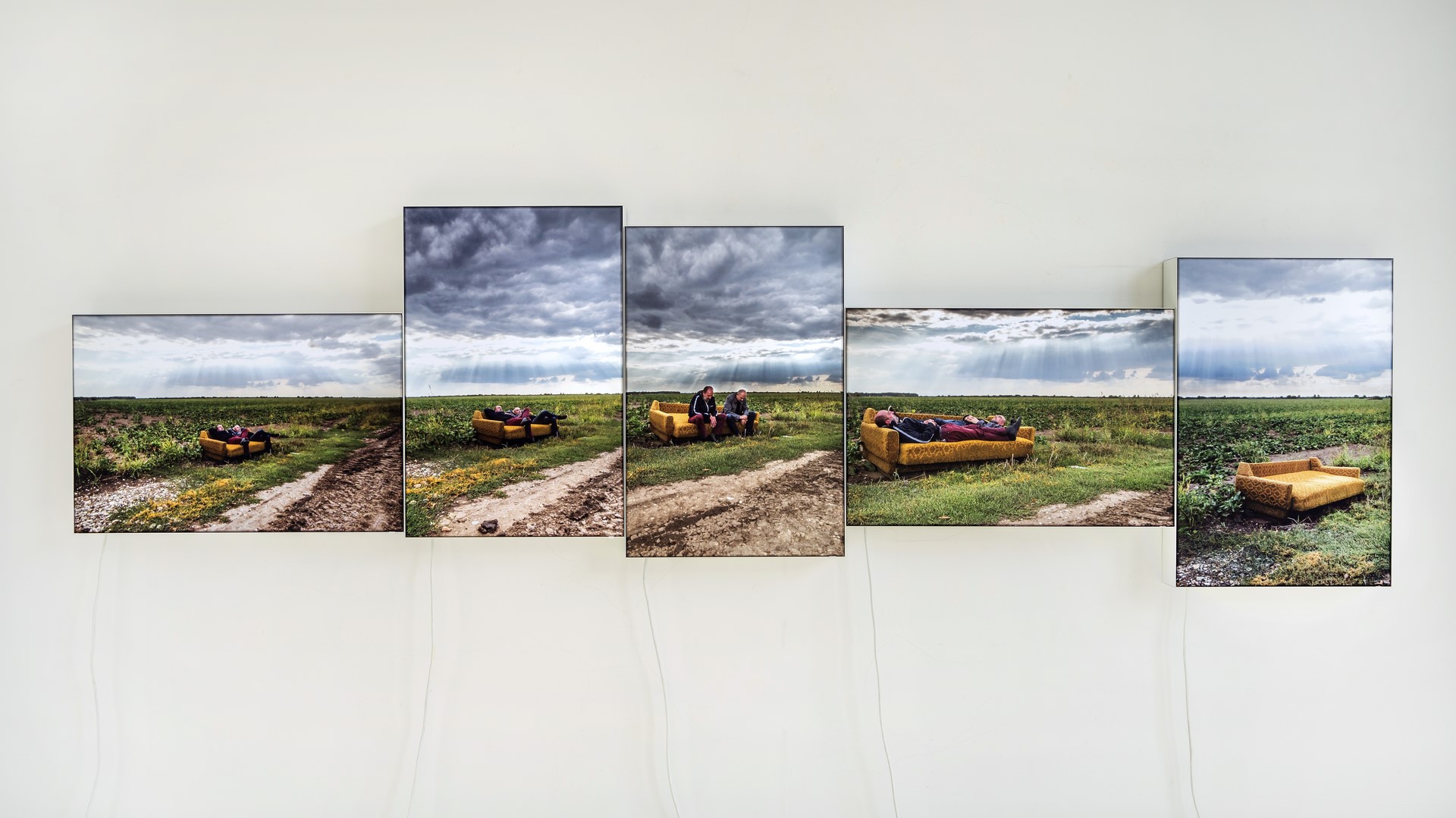
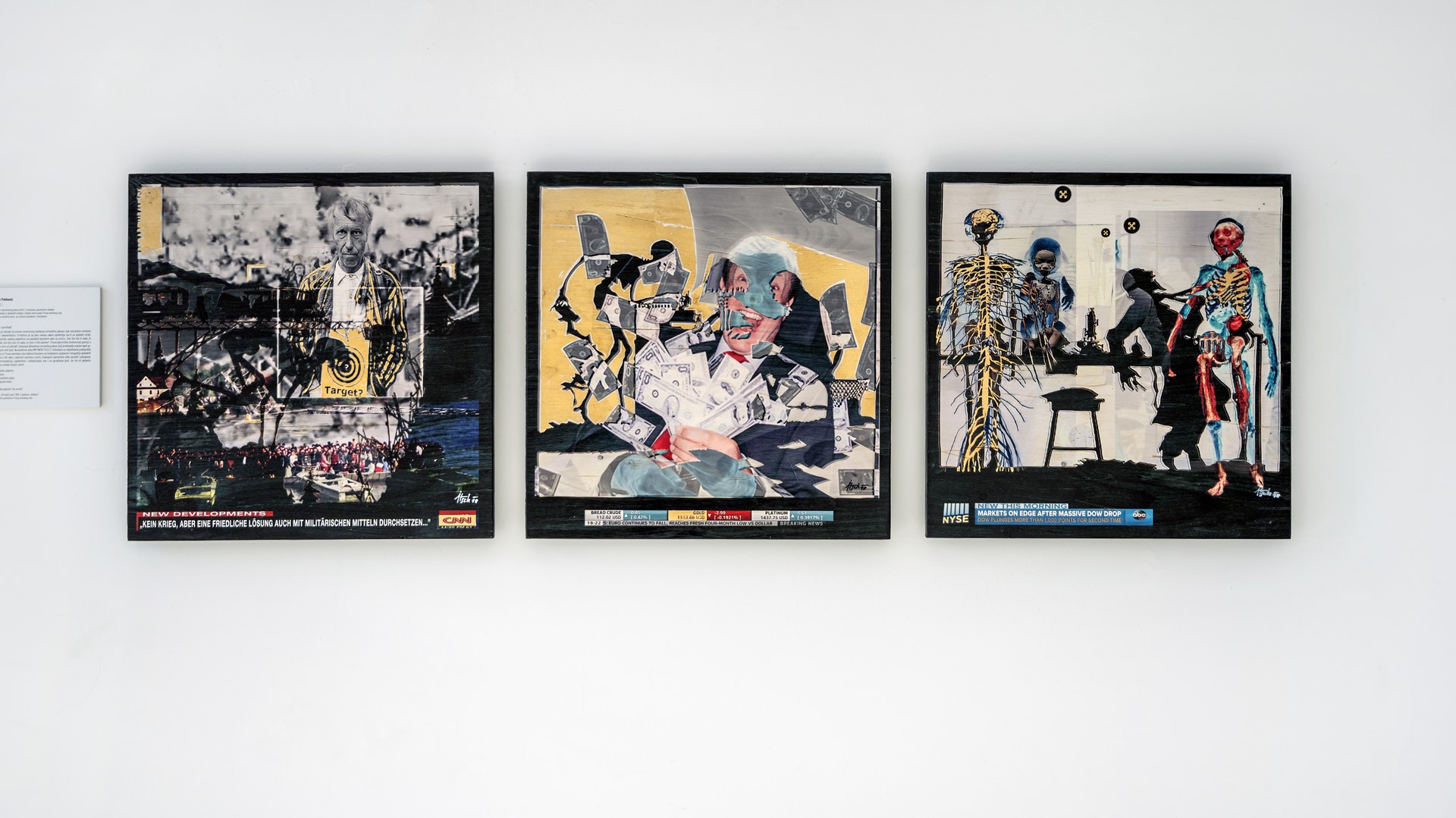
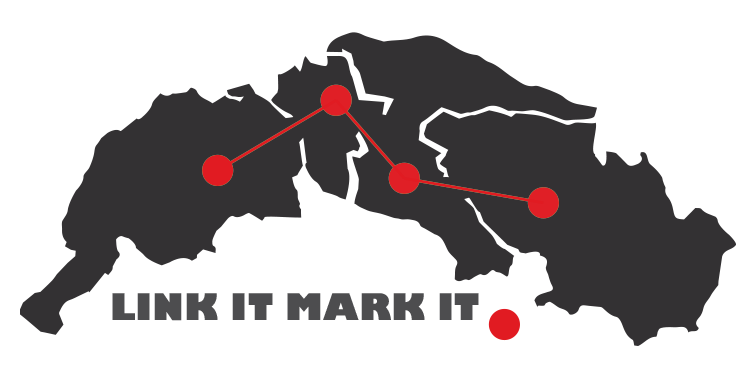
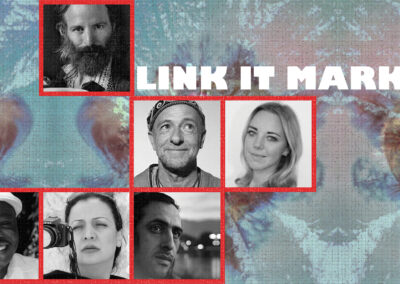
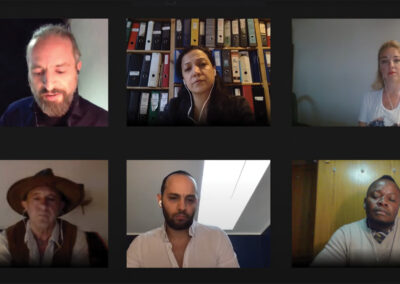
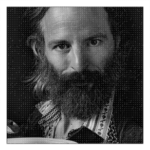
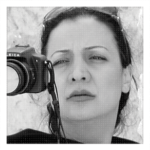
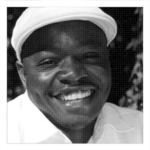
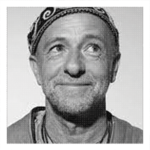
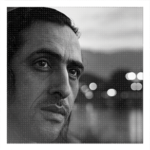
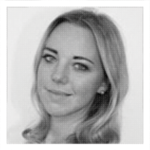
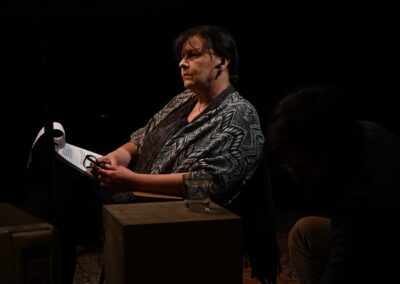
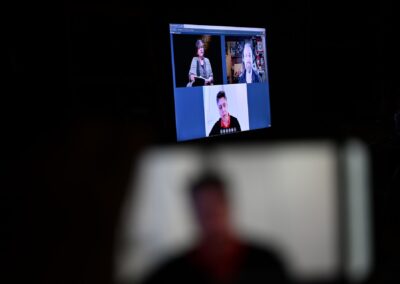
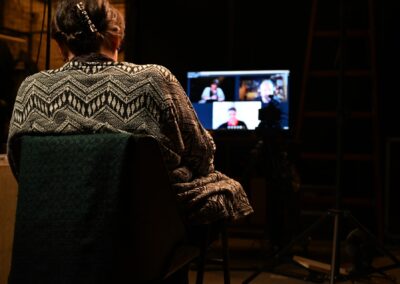
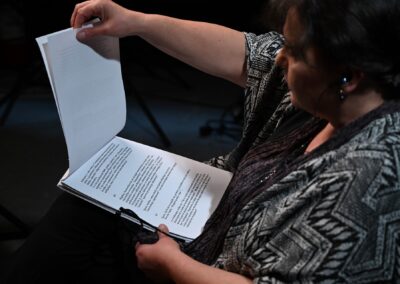
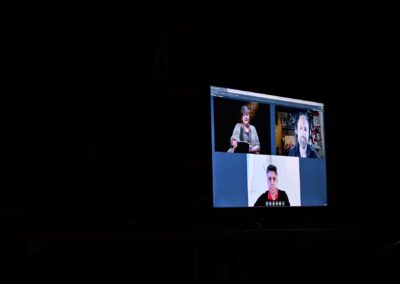
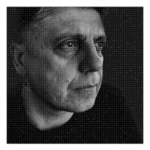
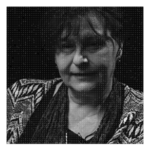
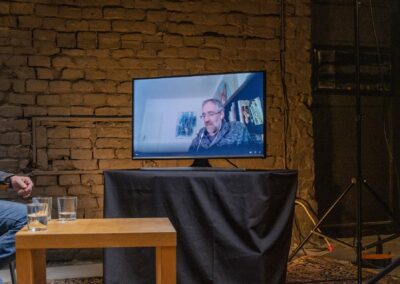
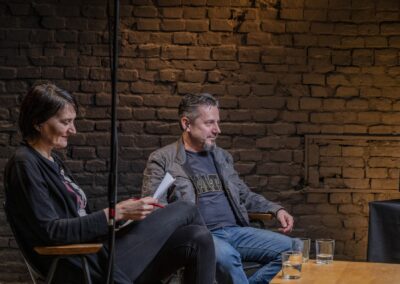
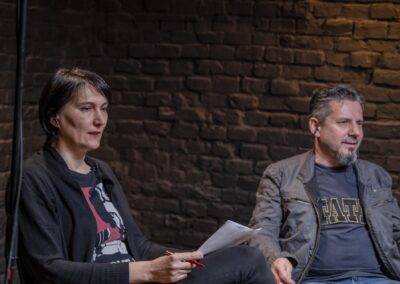
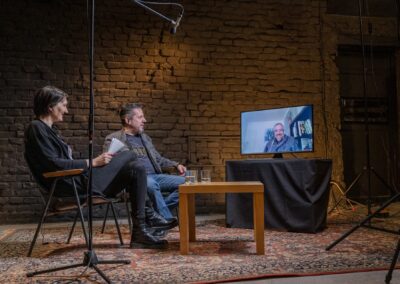
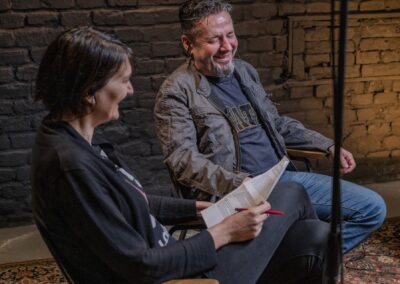
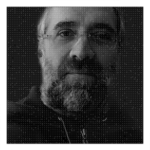
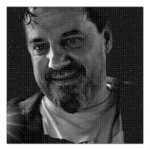
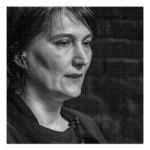
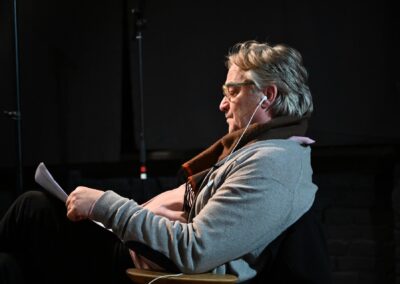
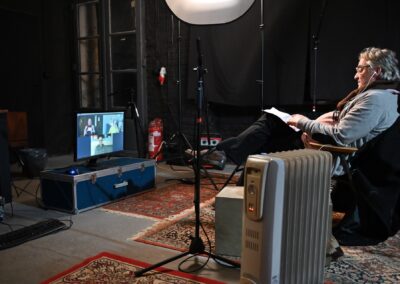
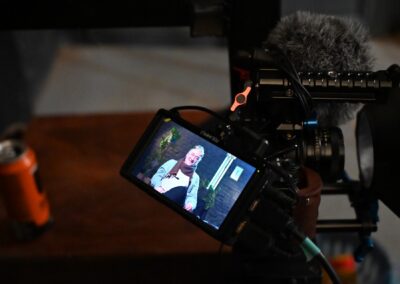
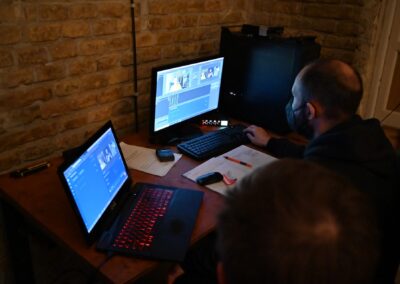
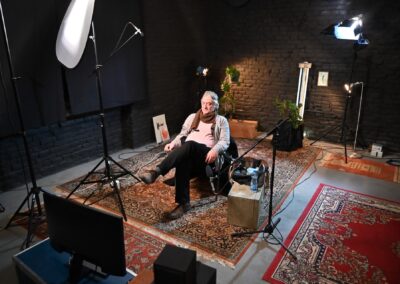
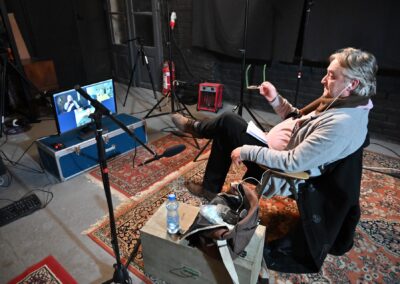
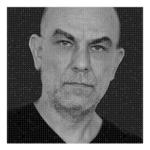
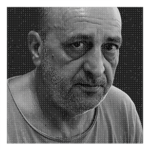
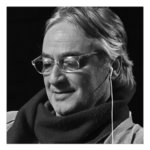
Recent Comments